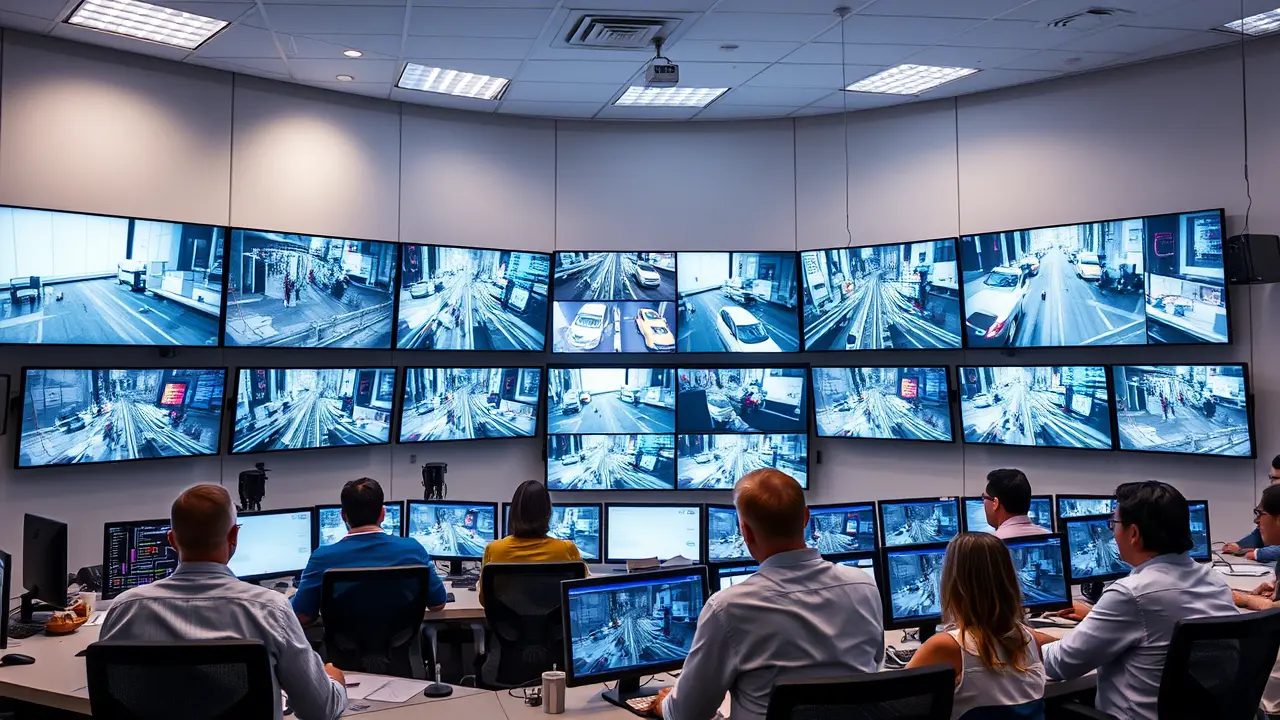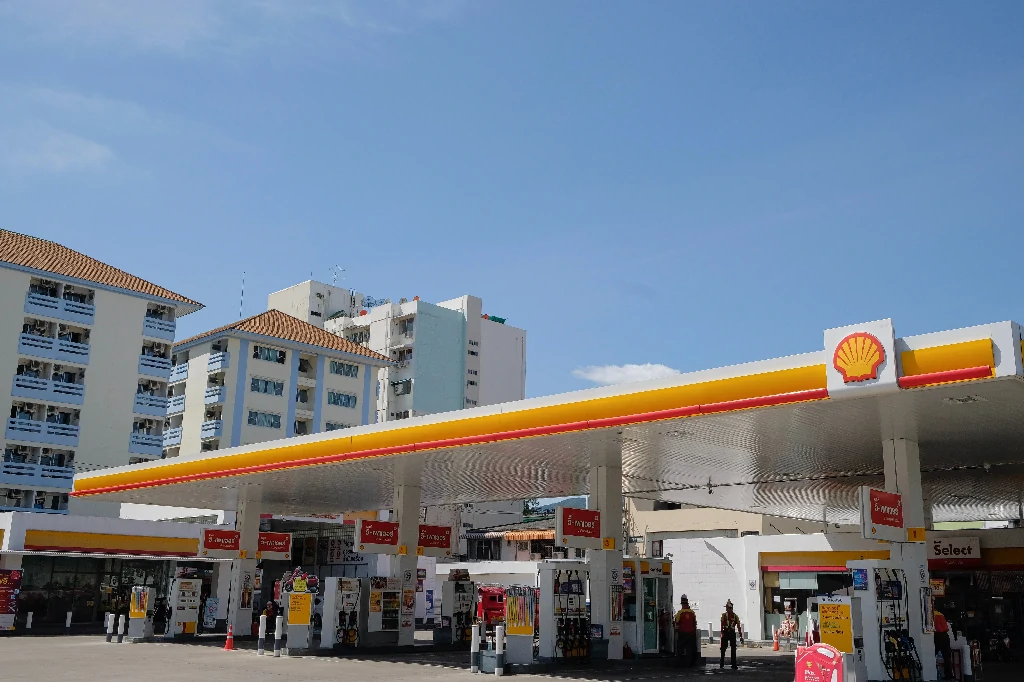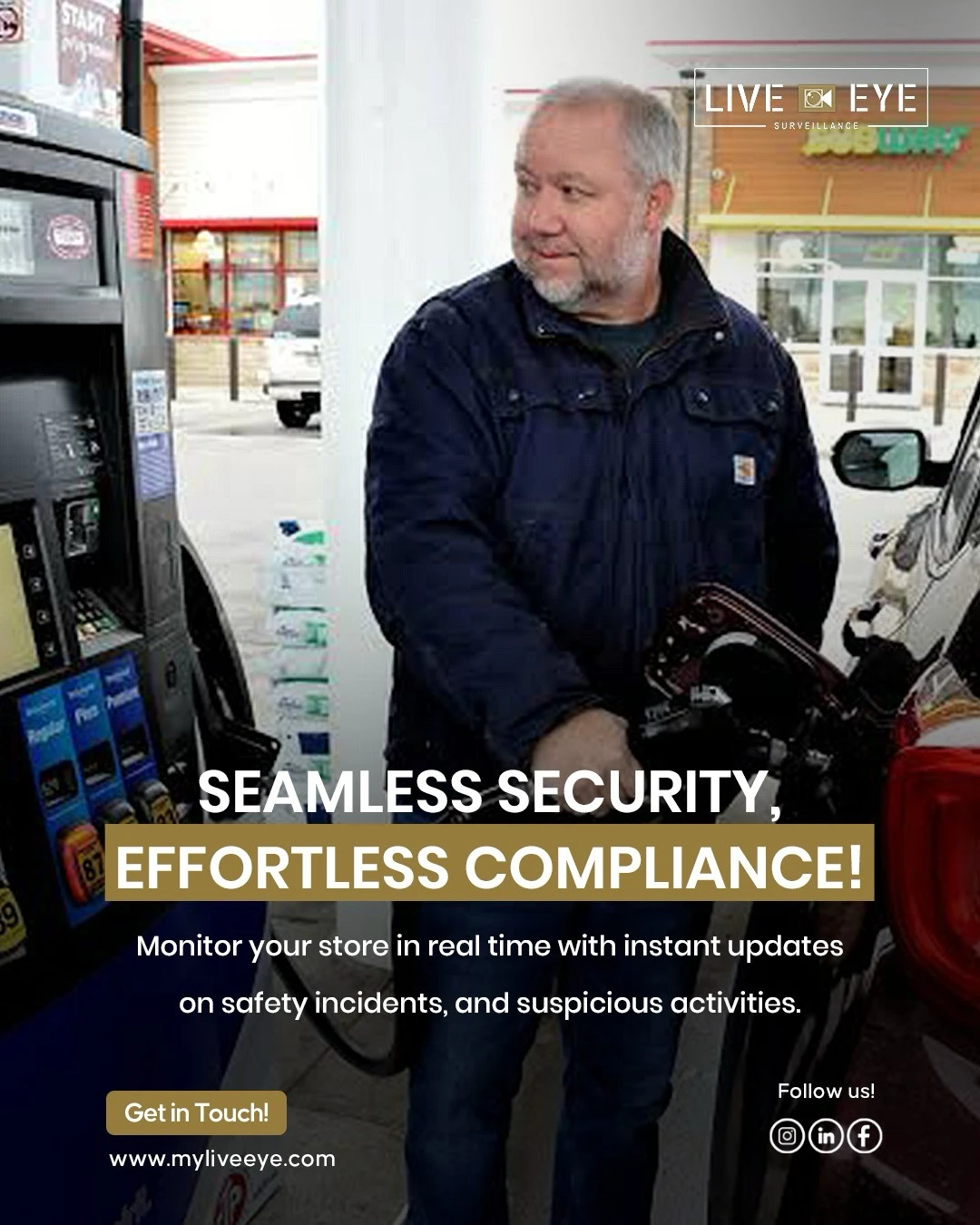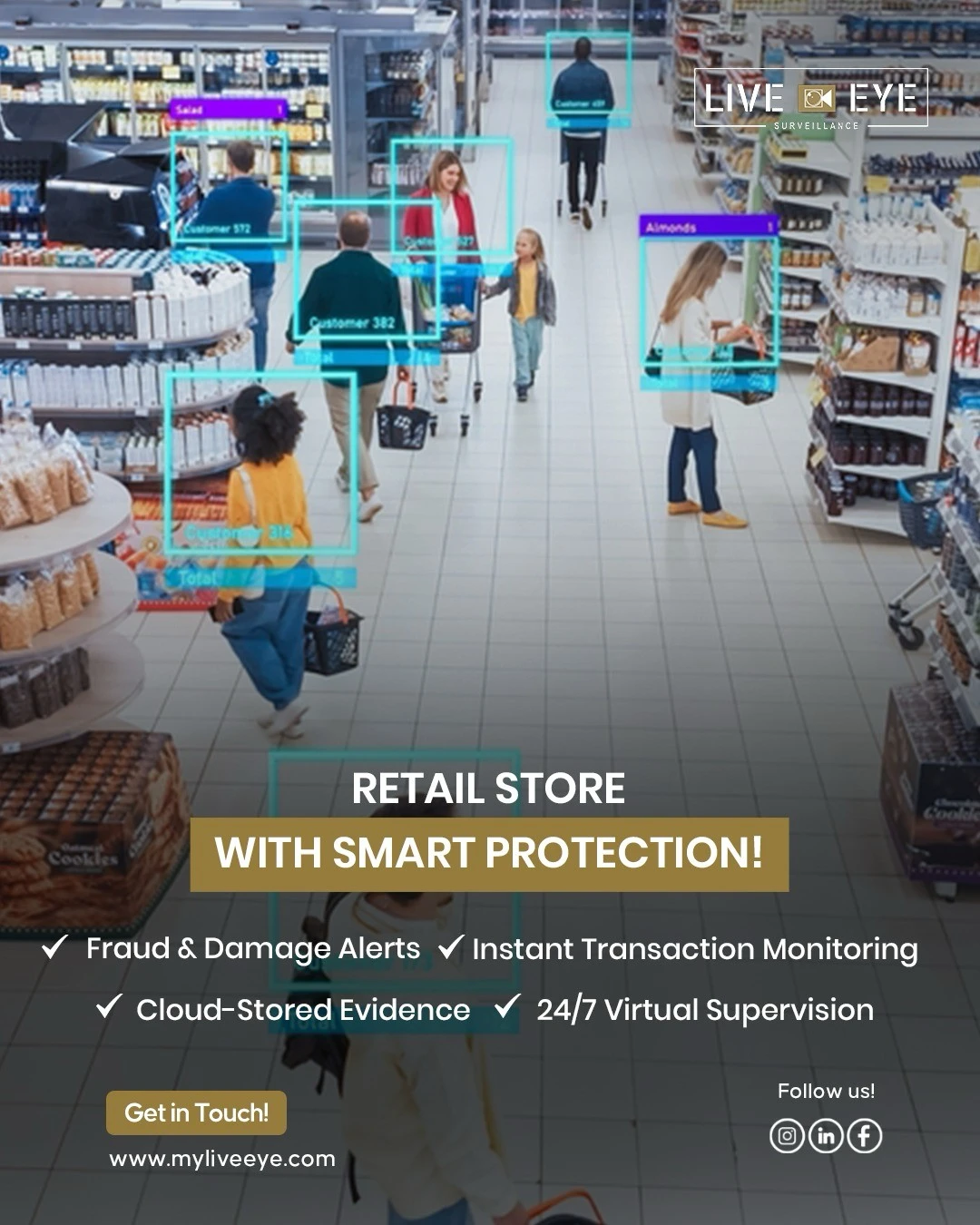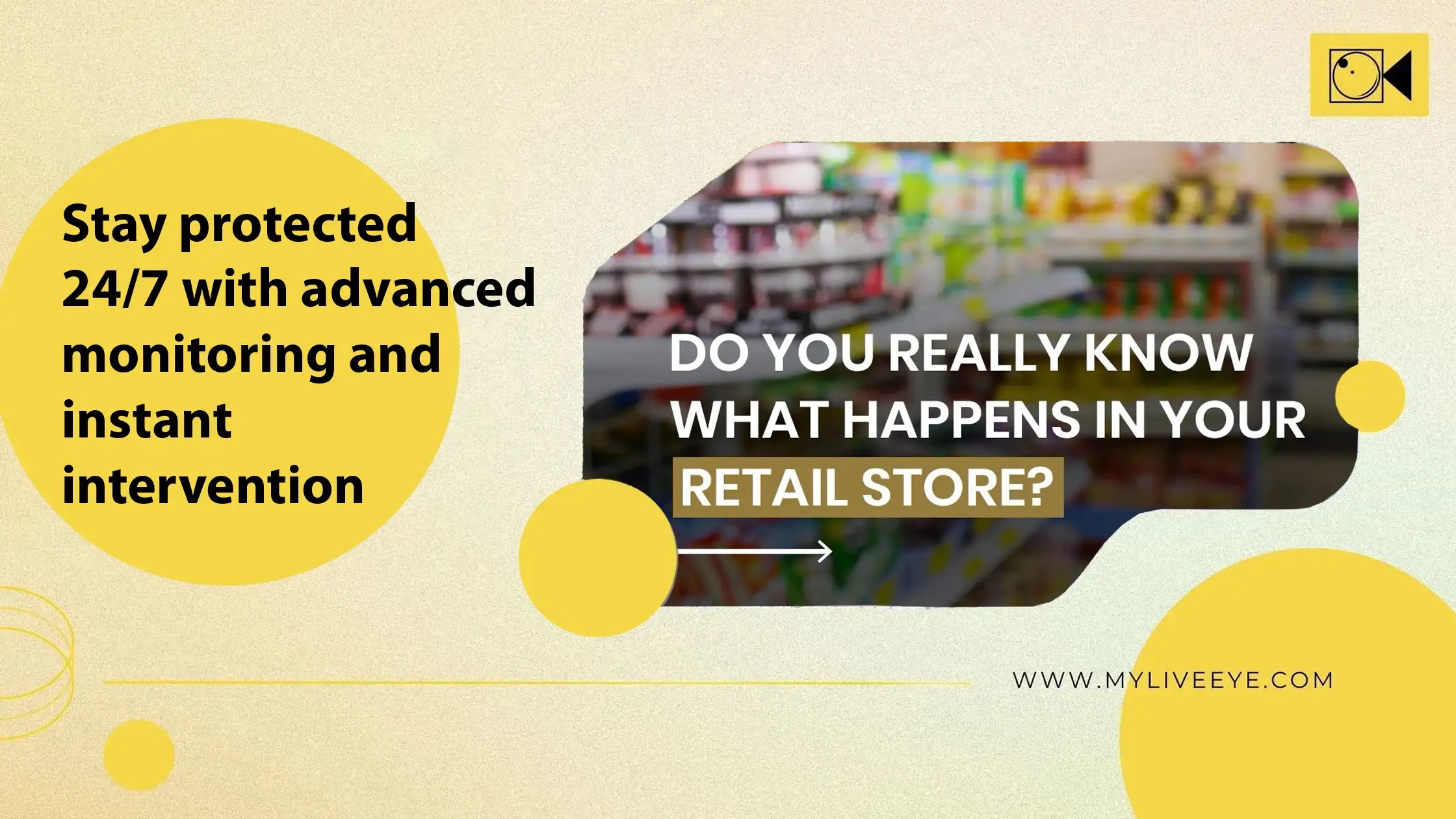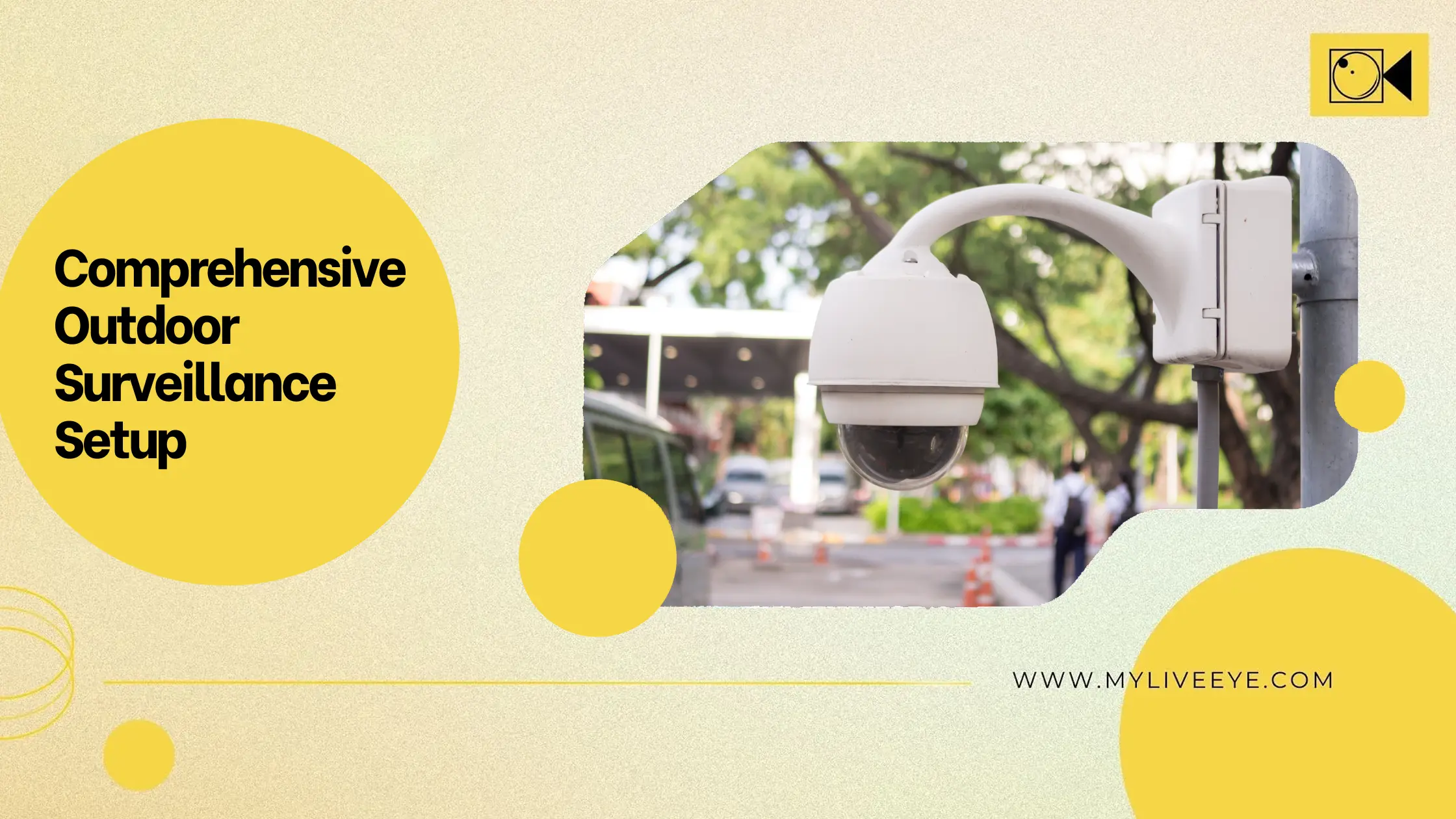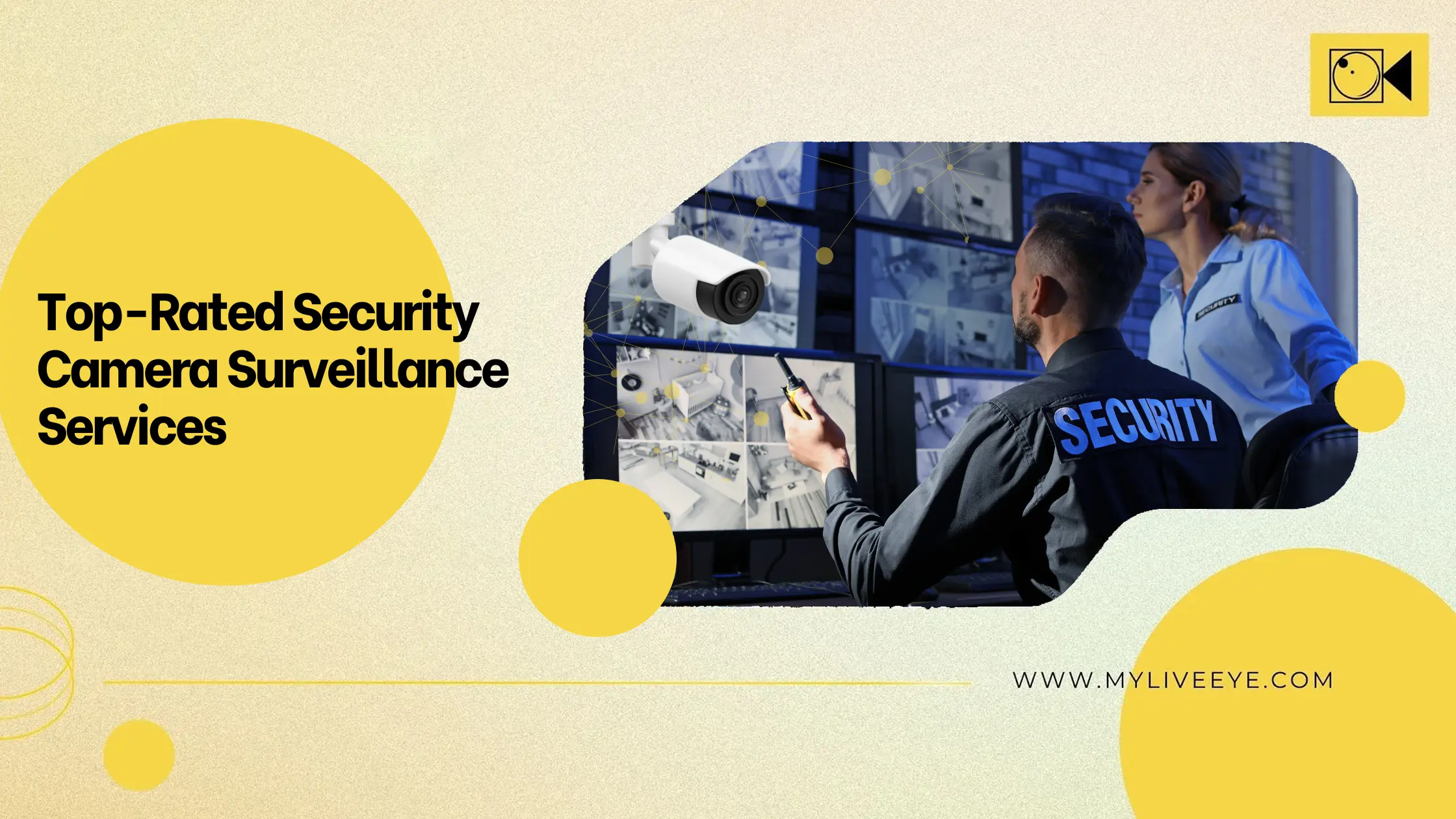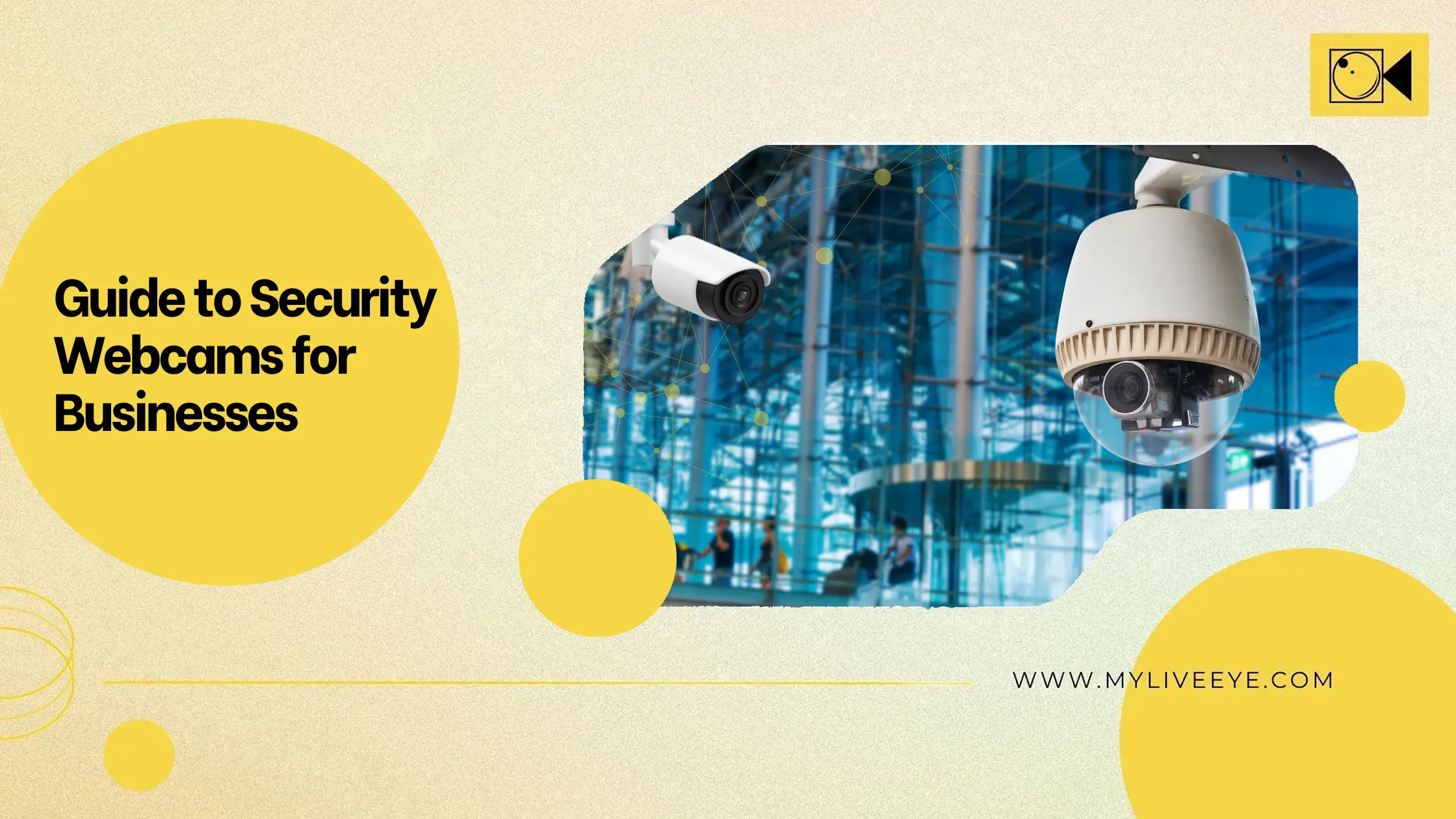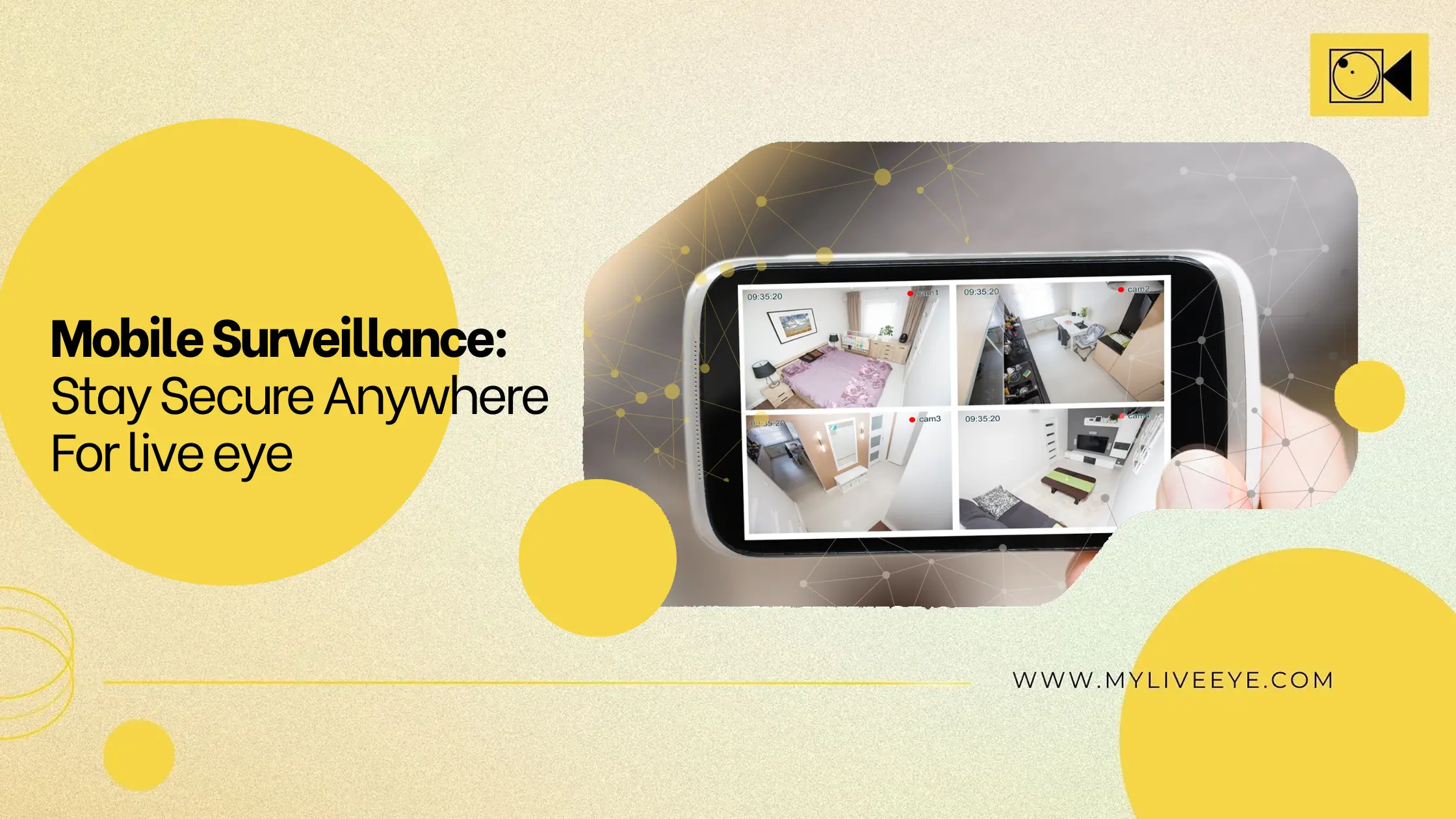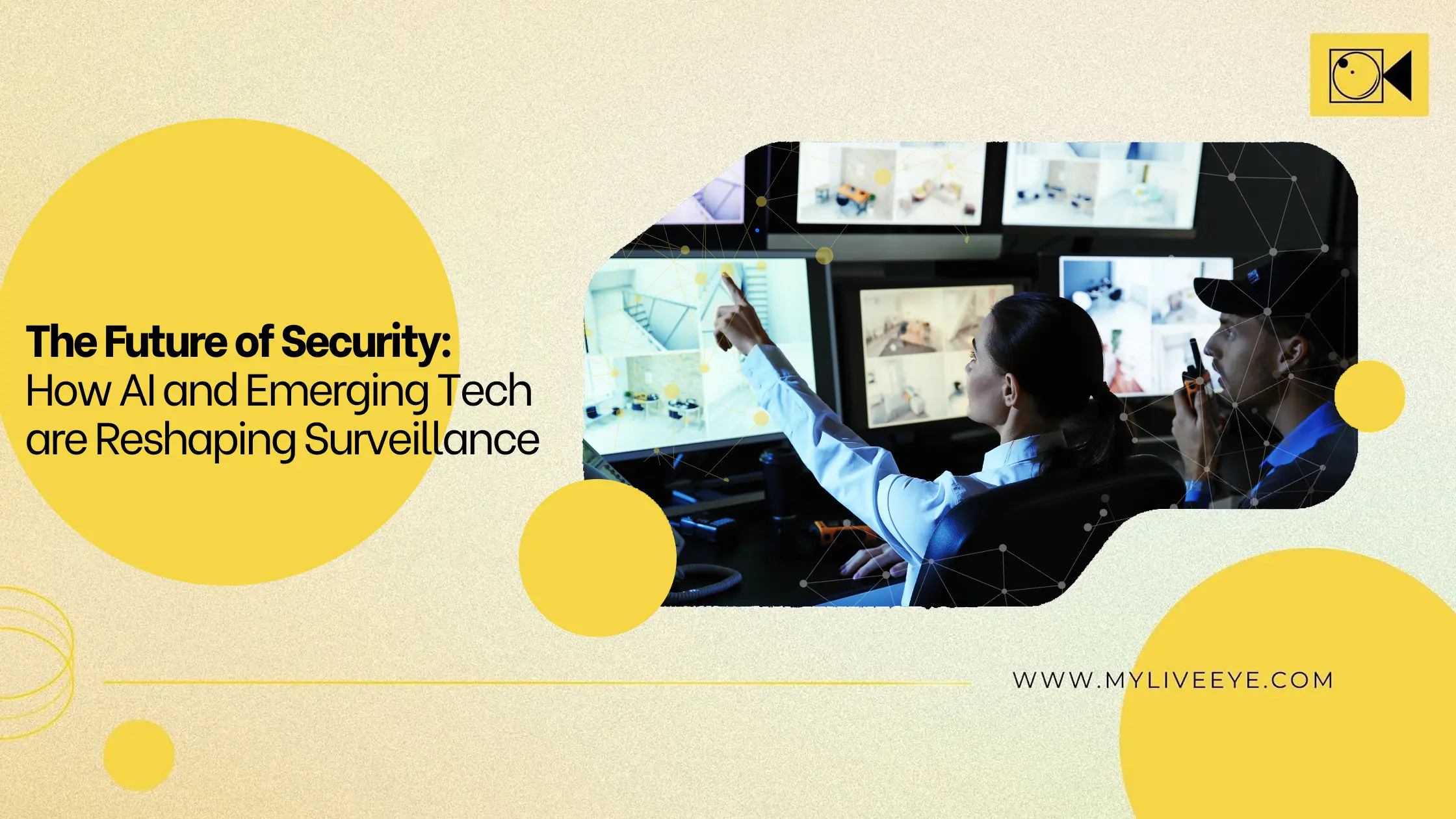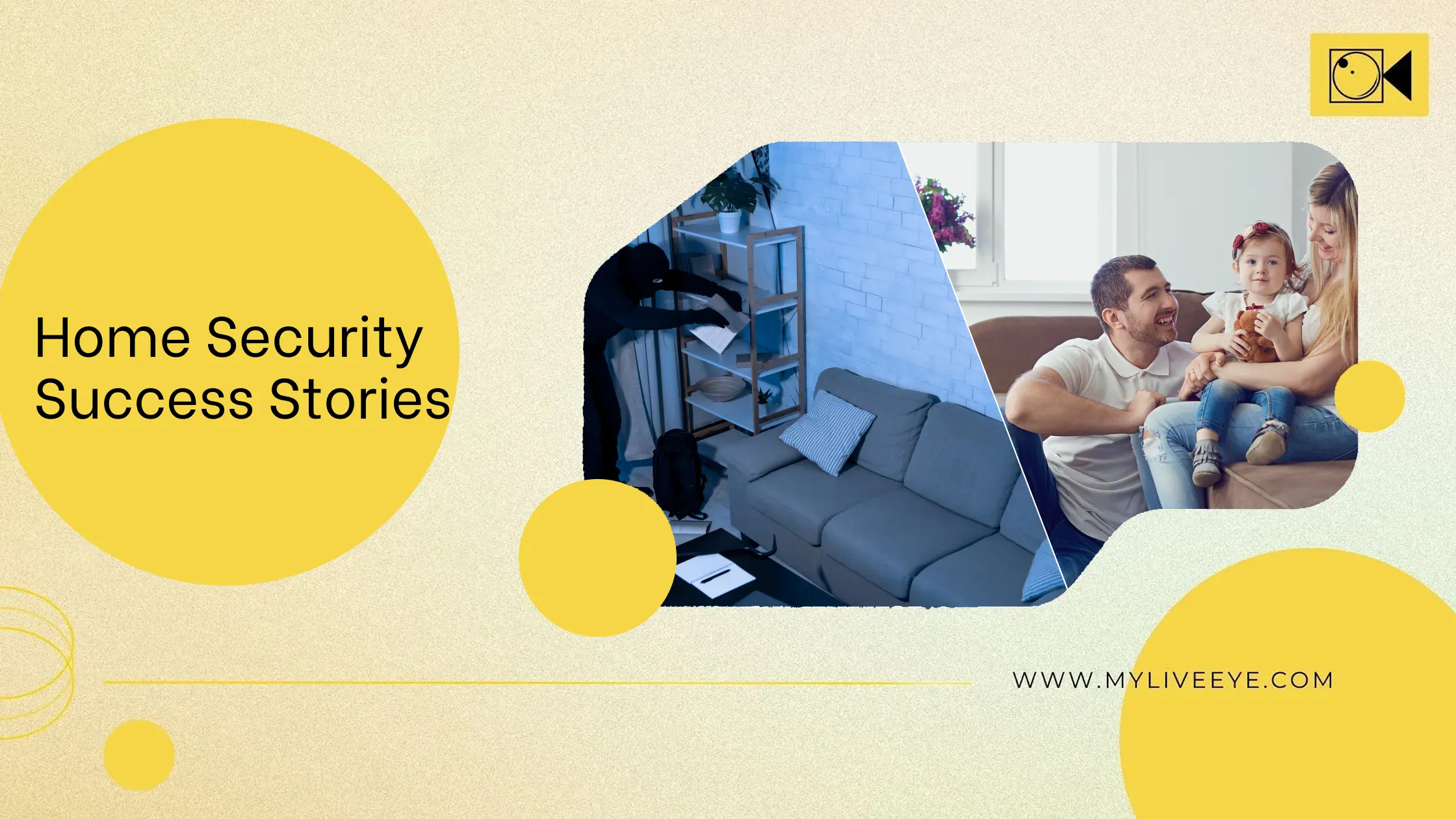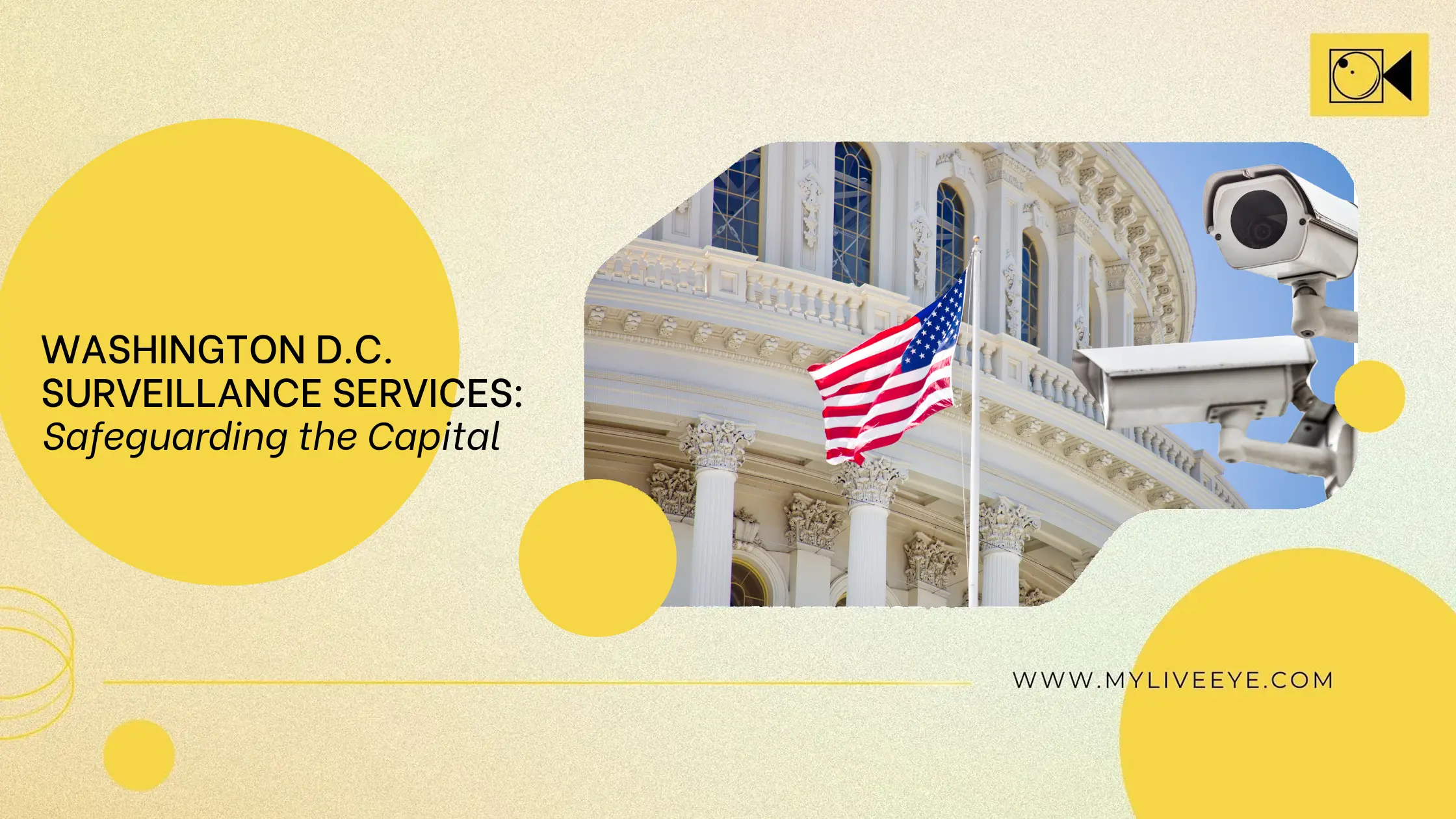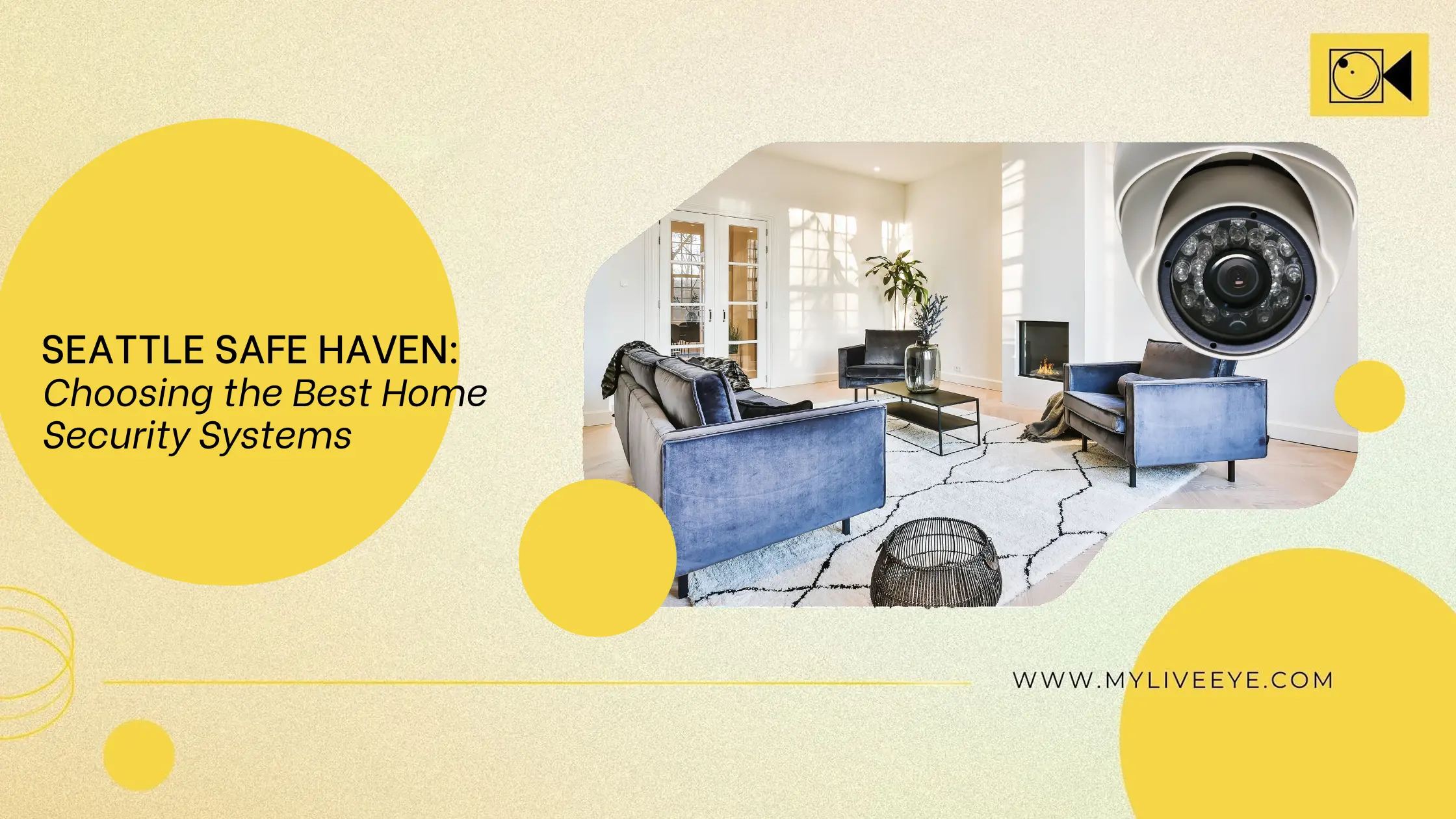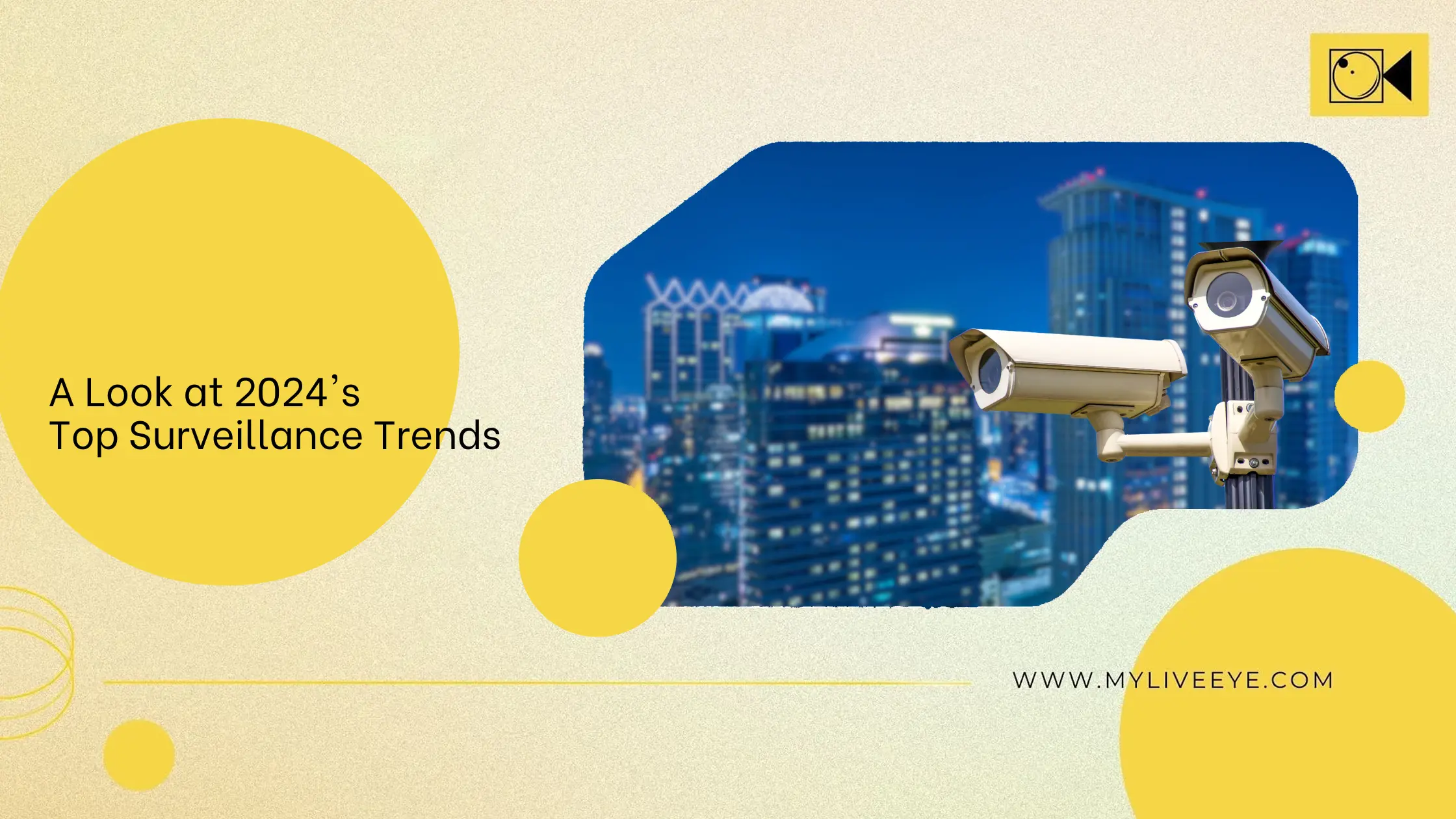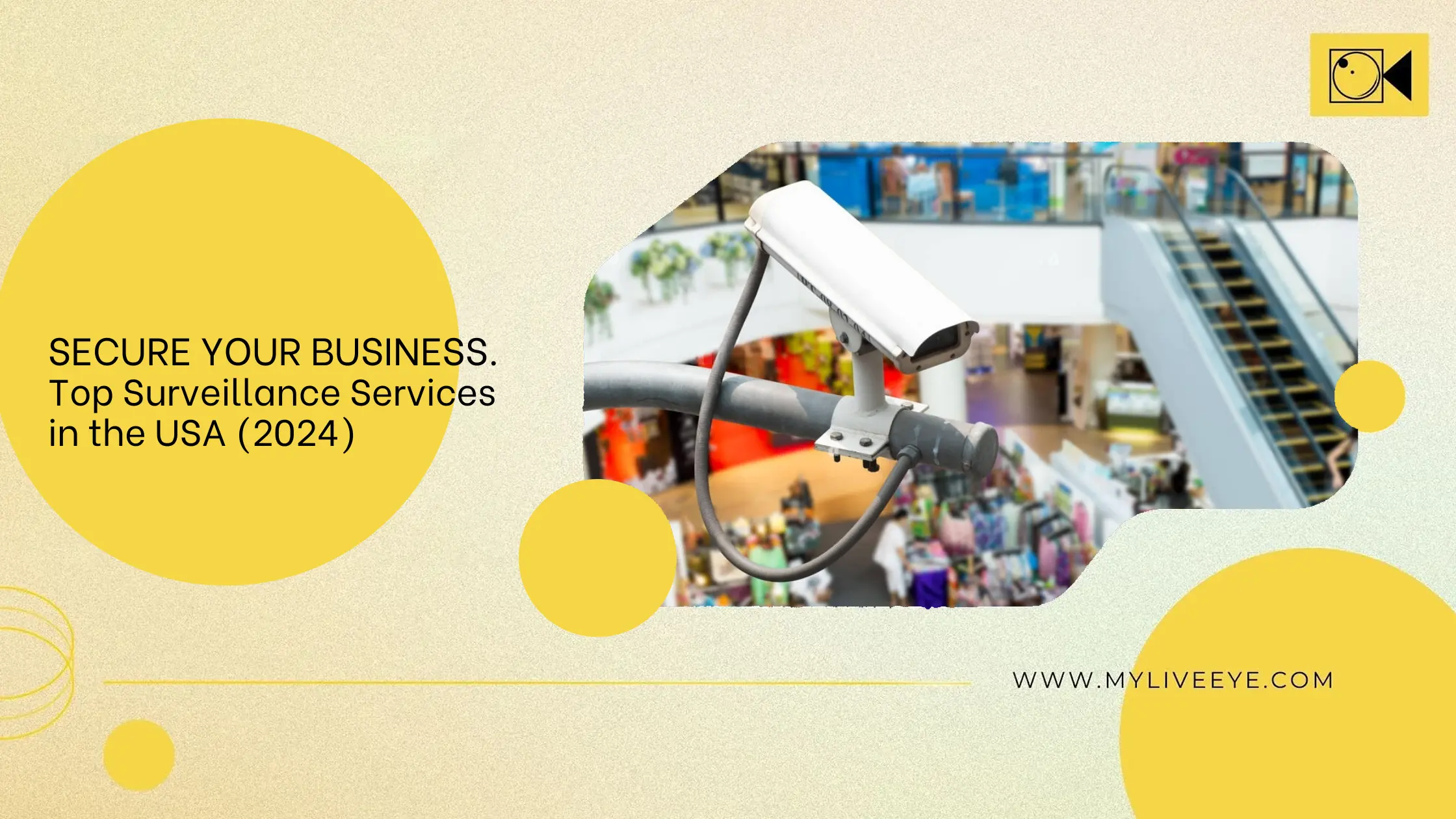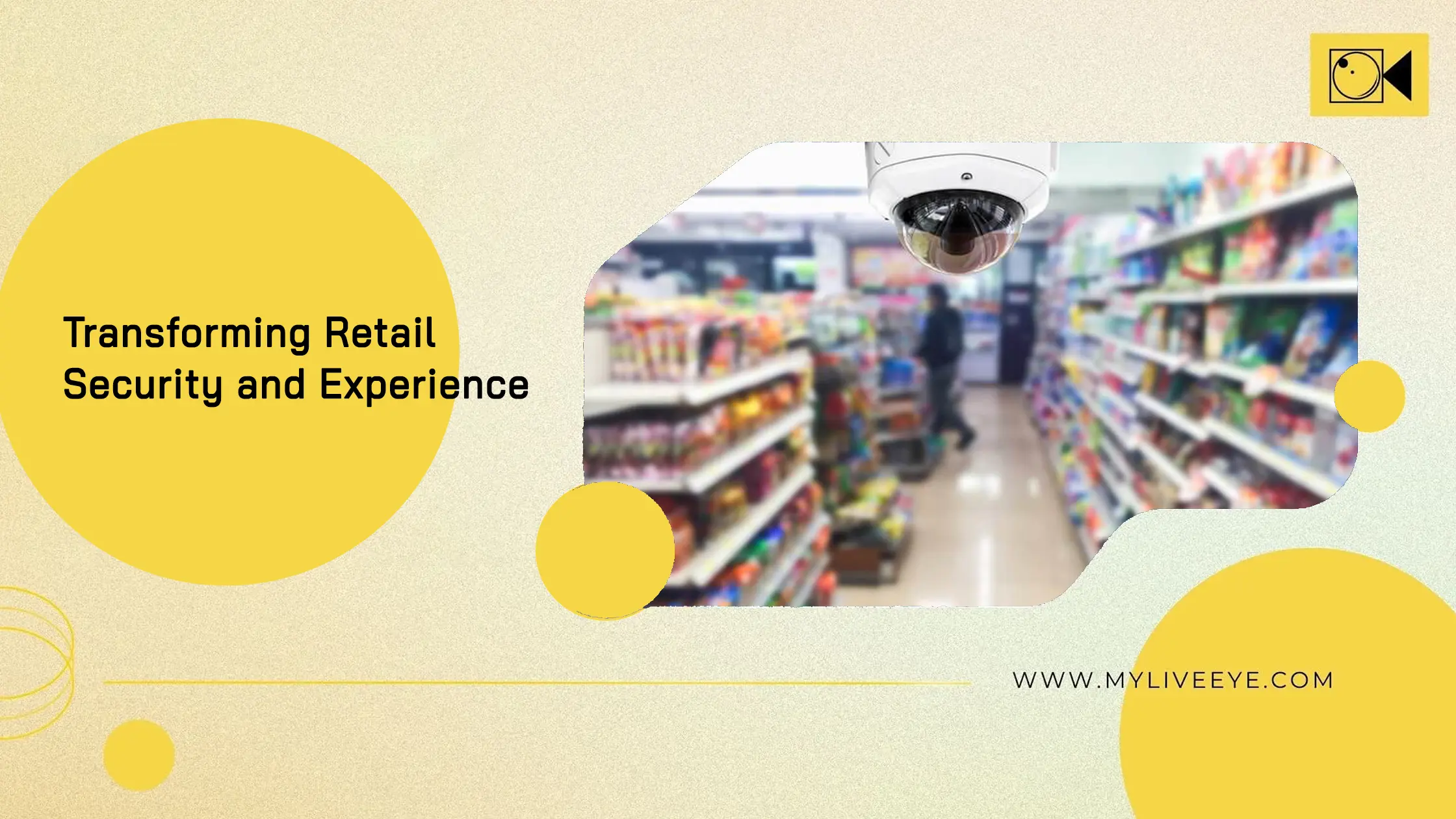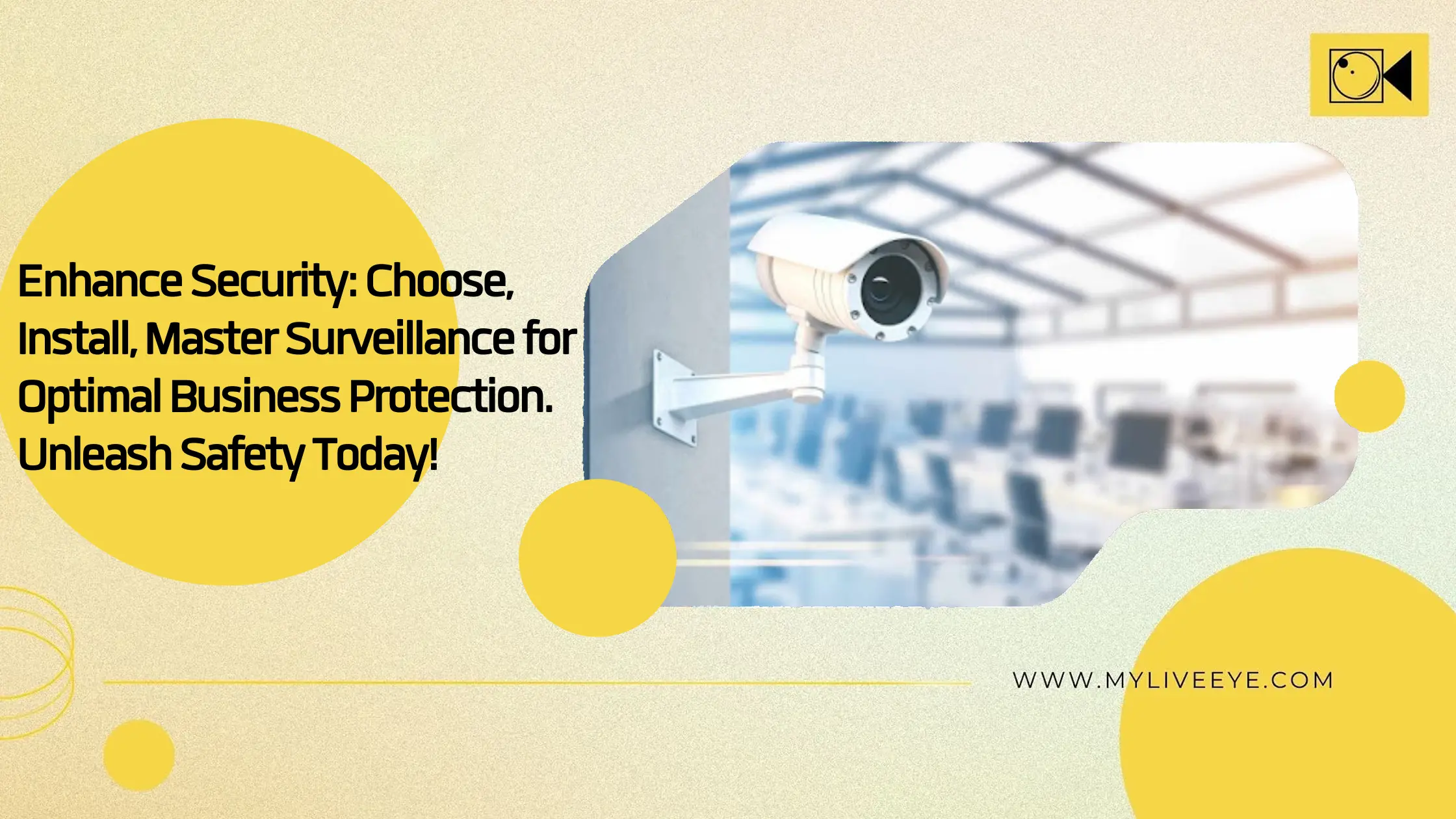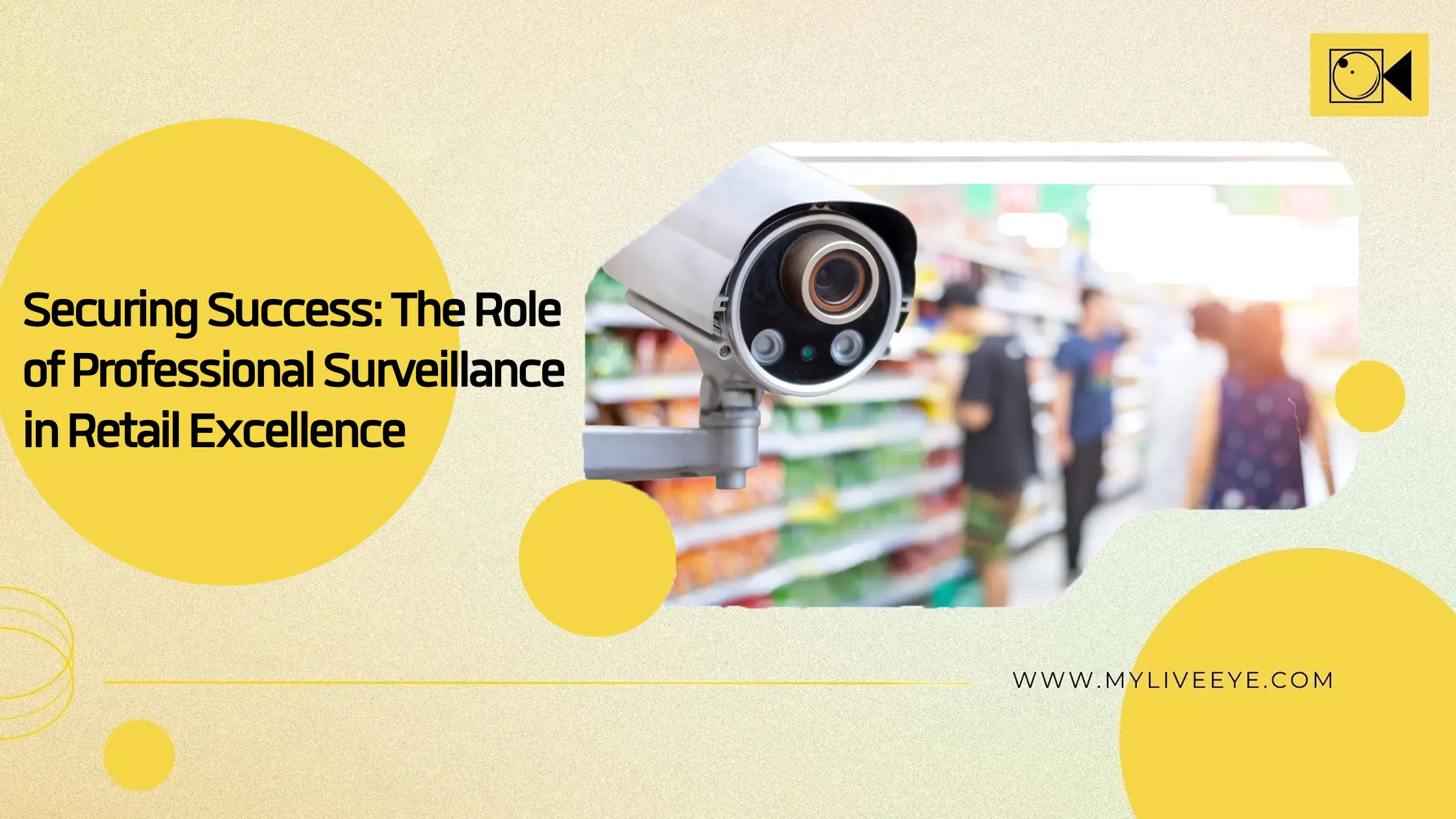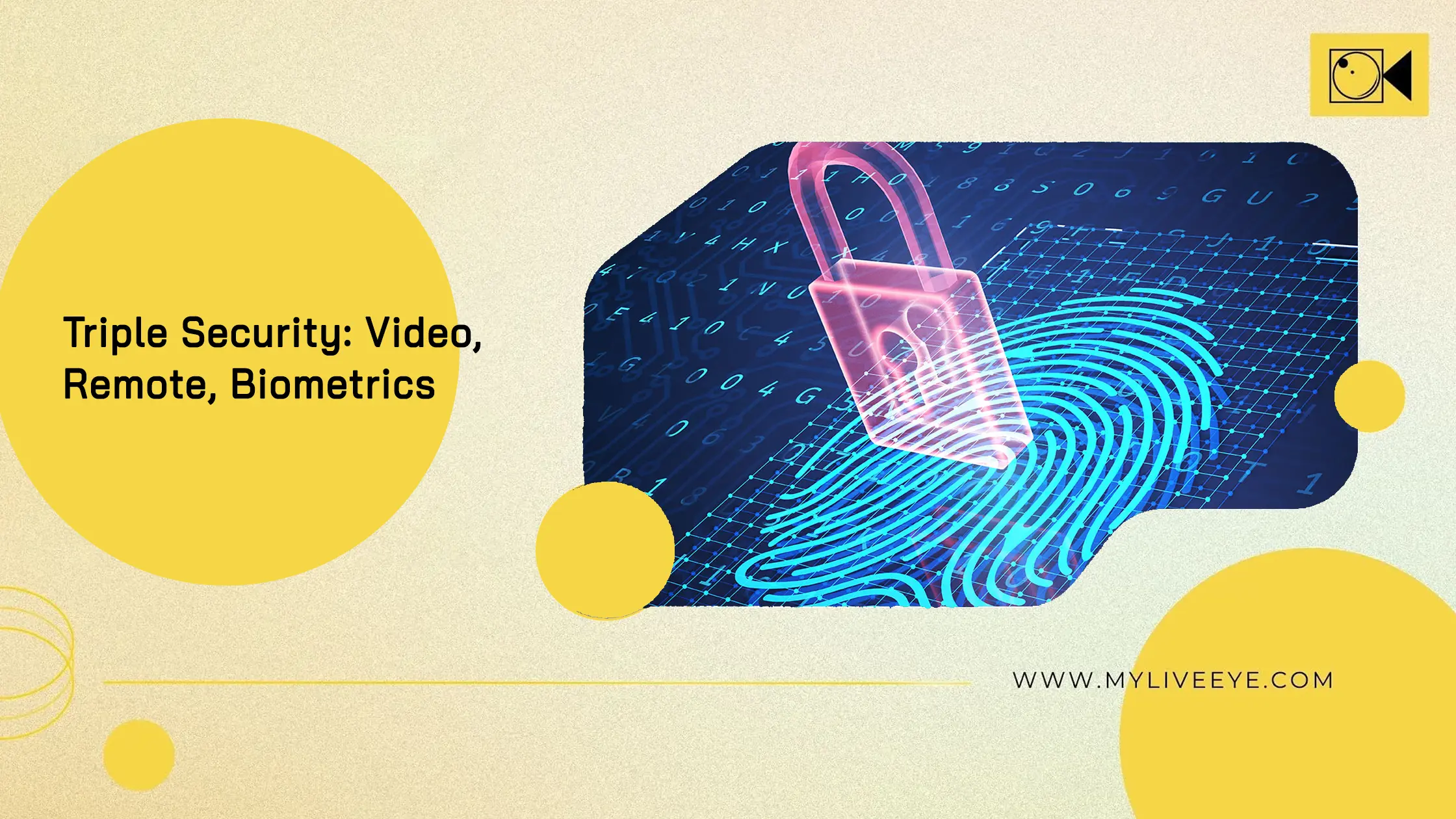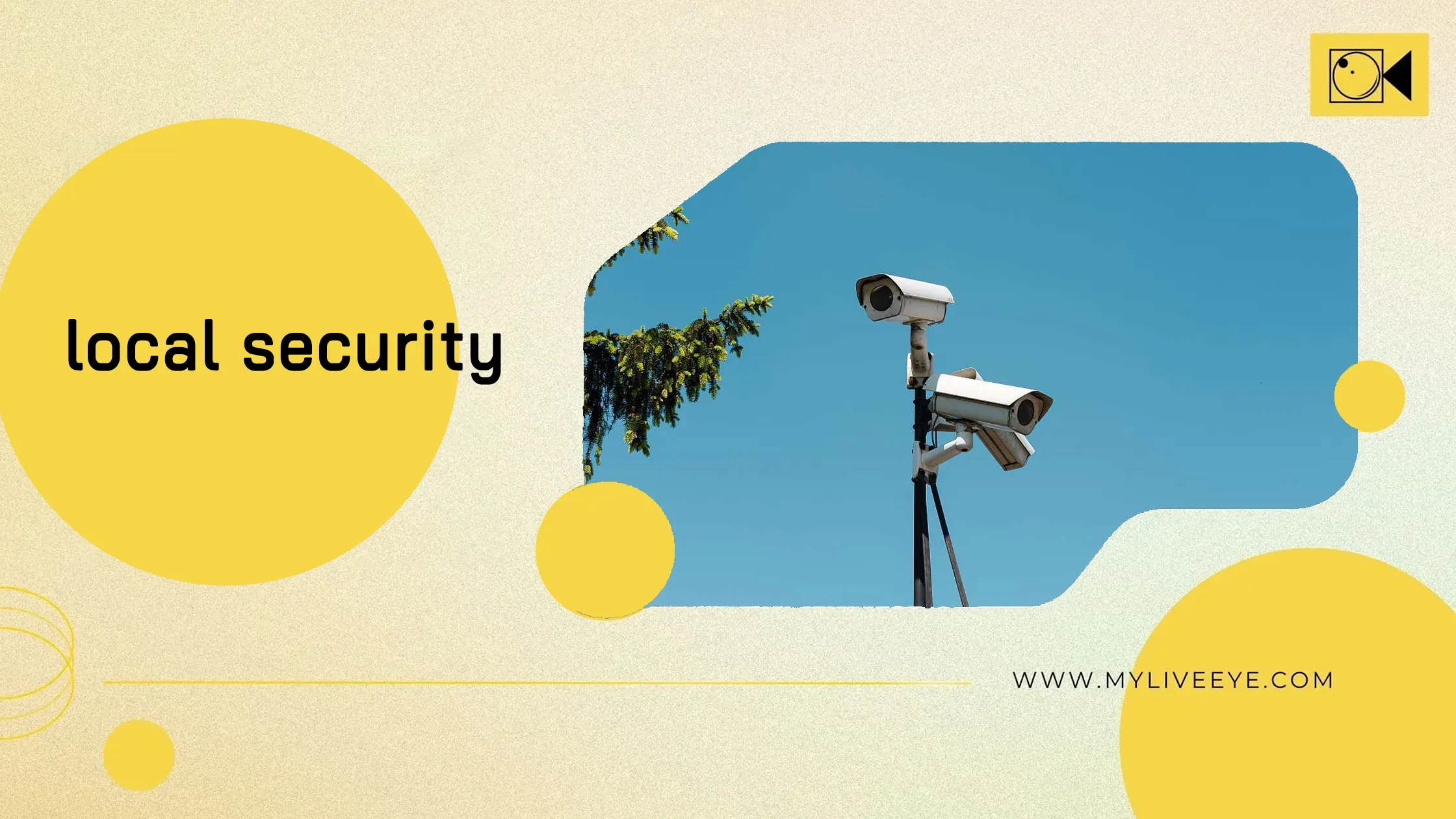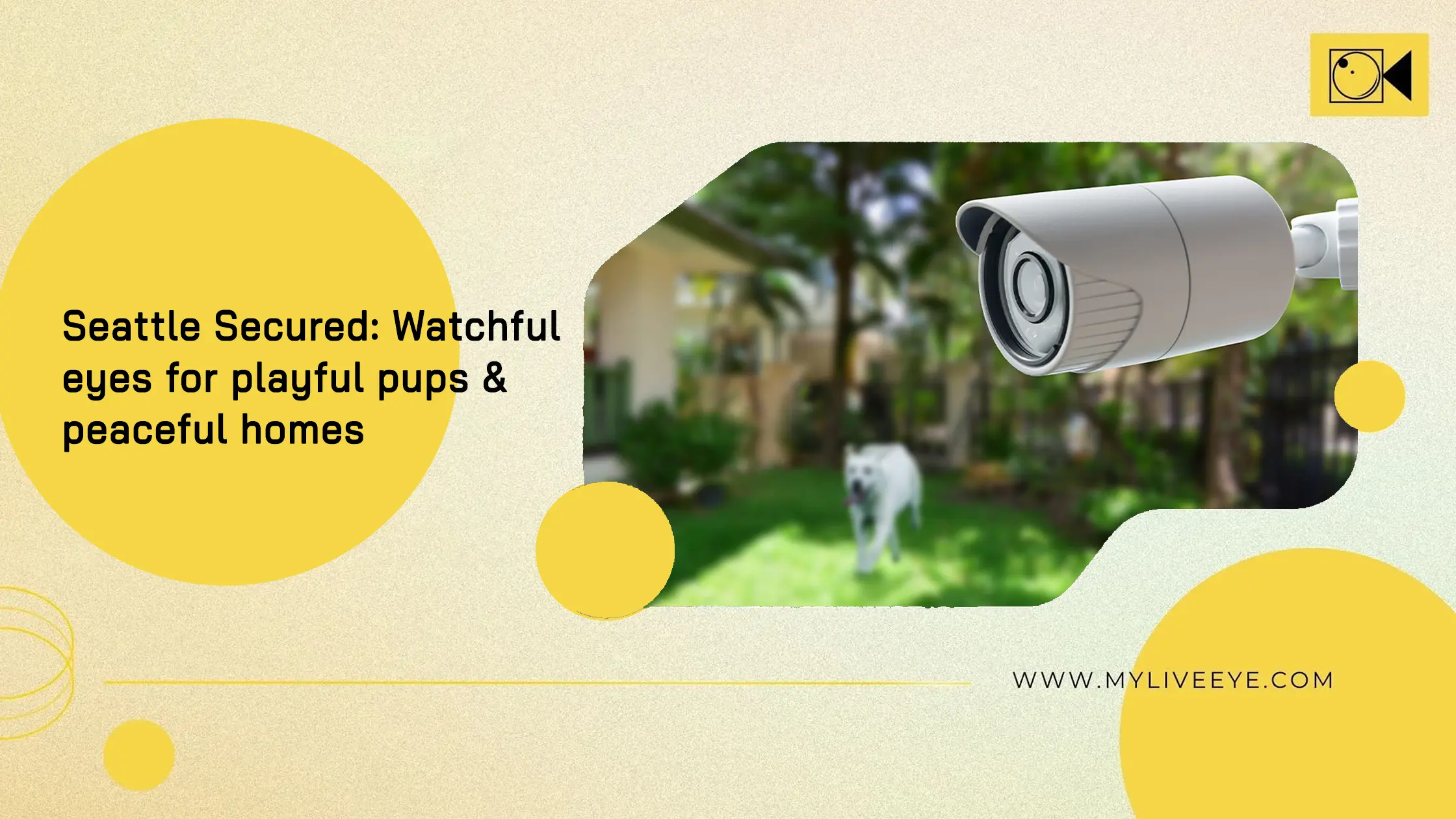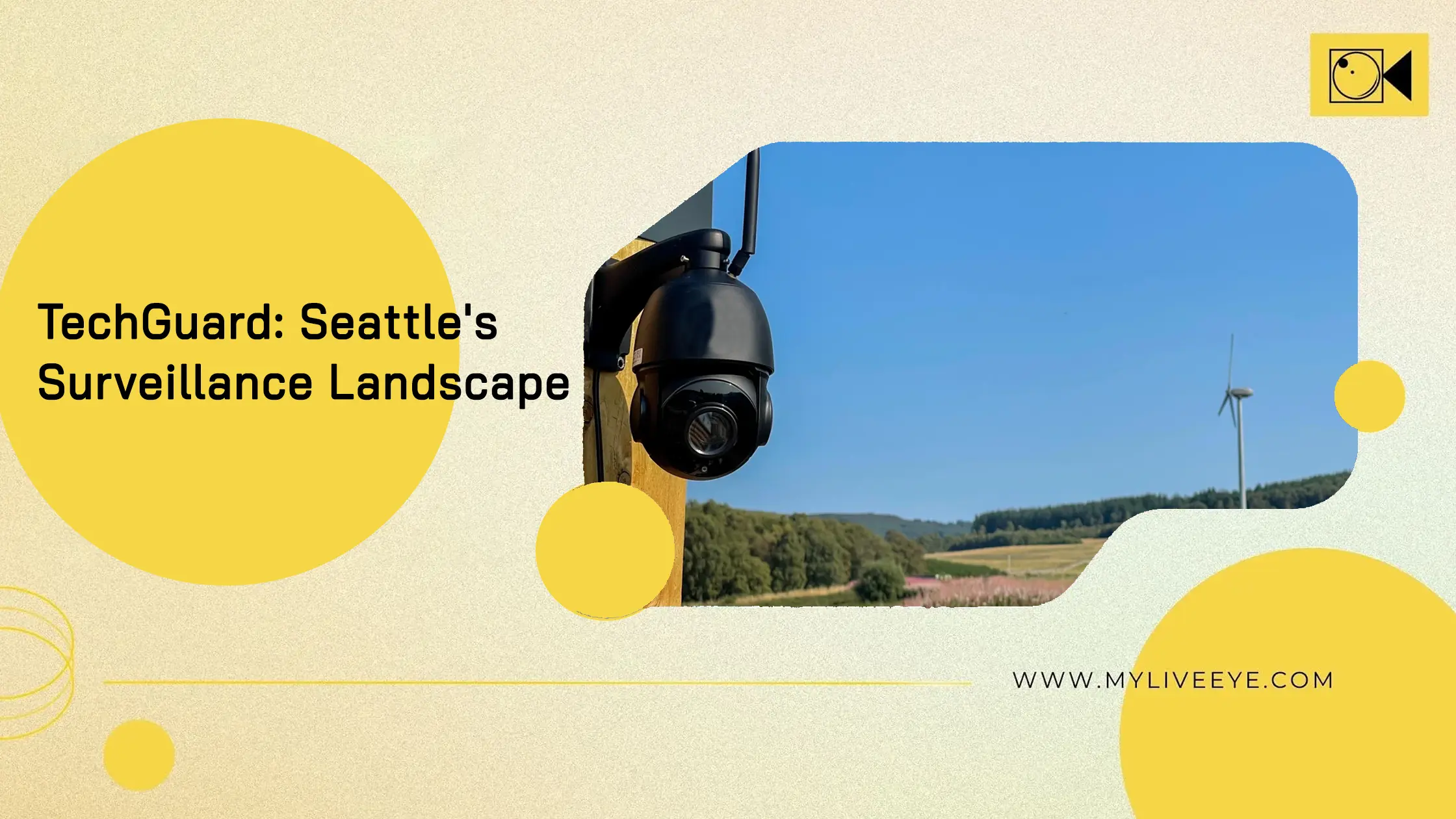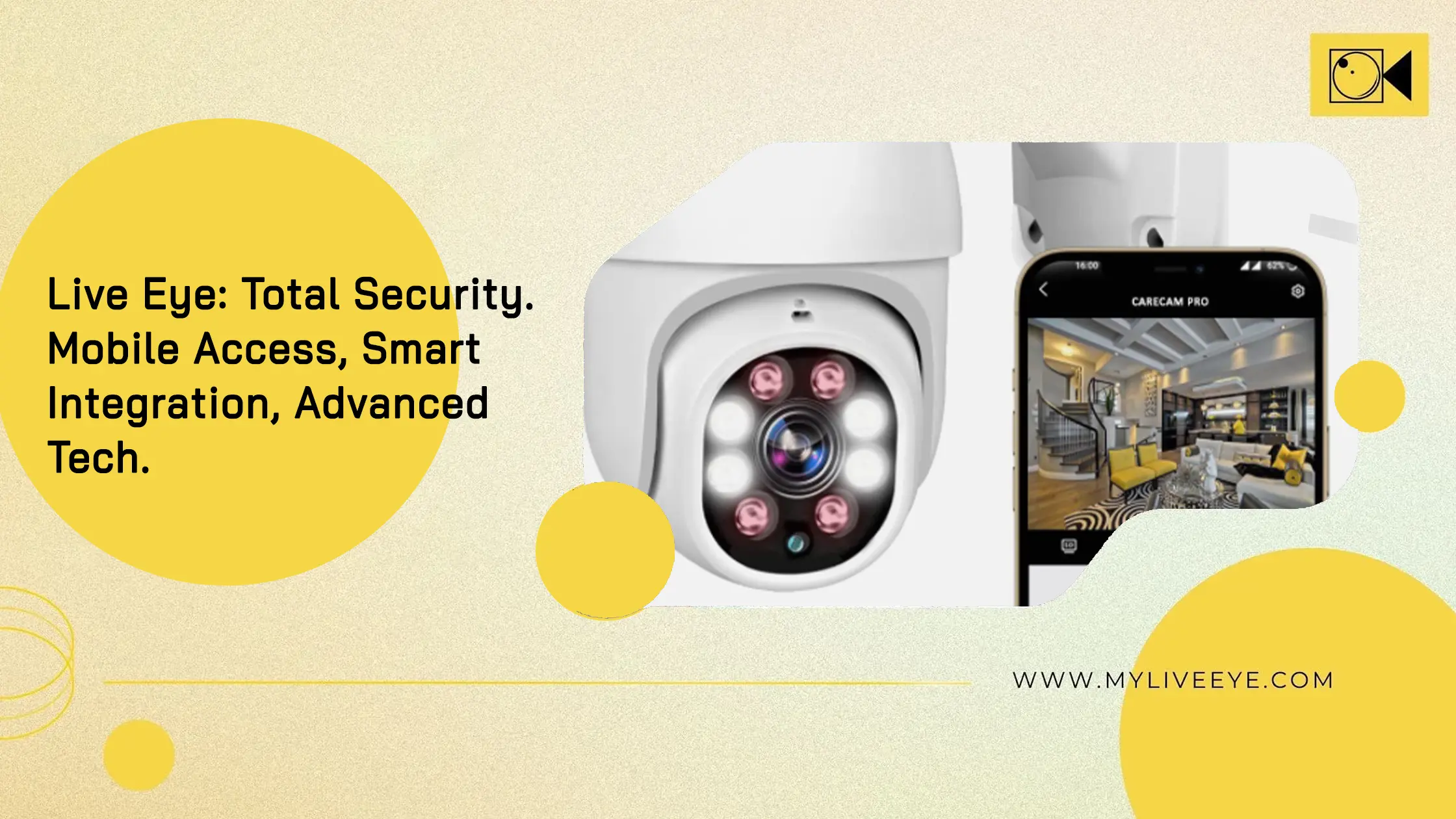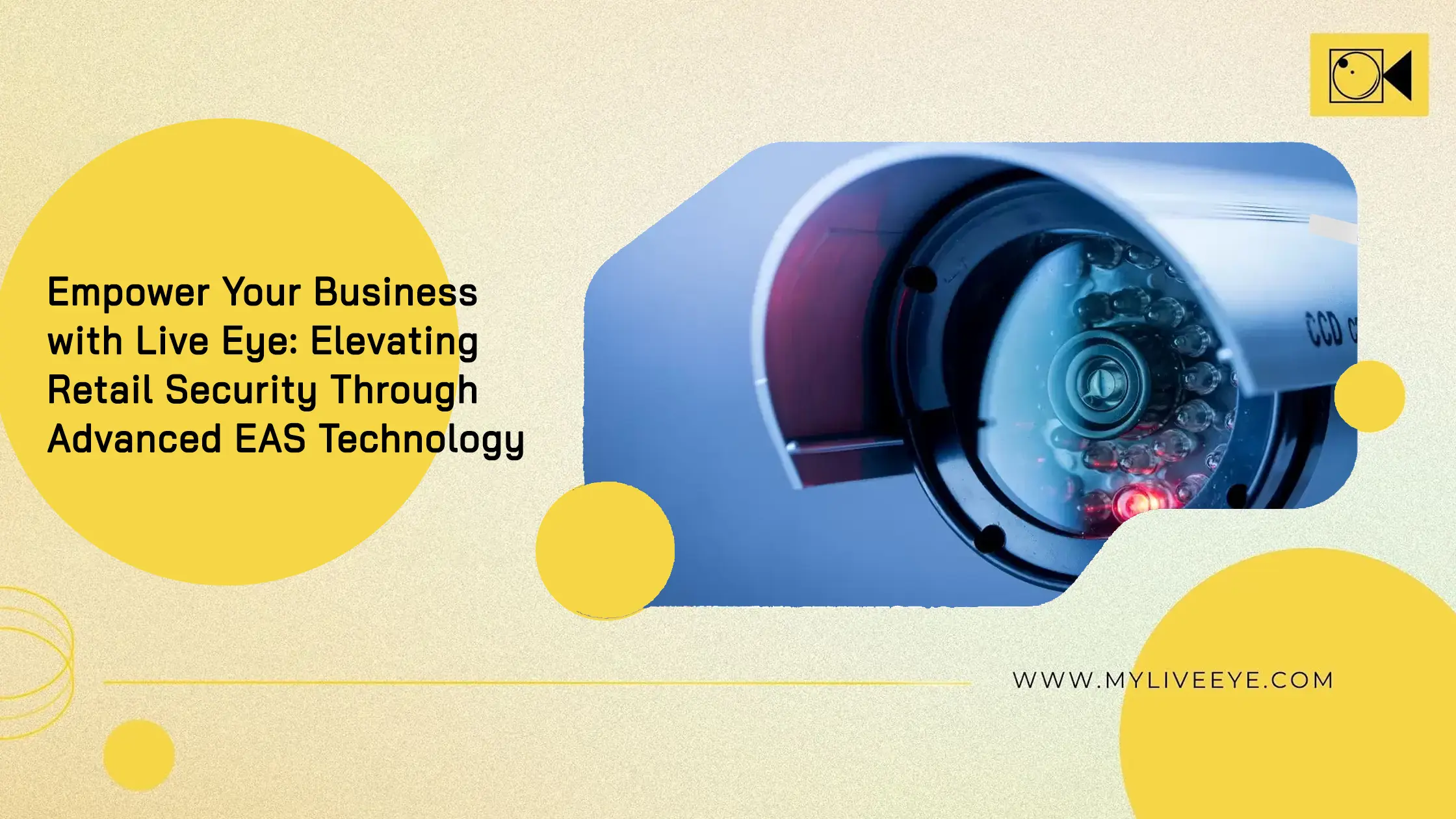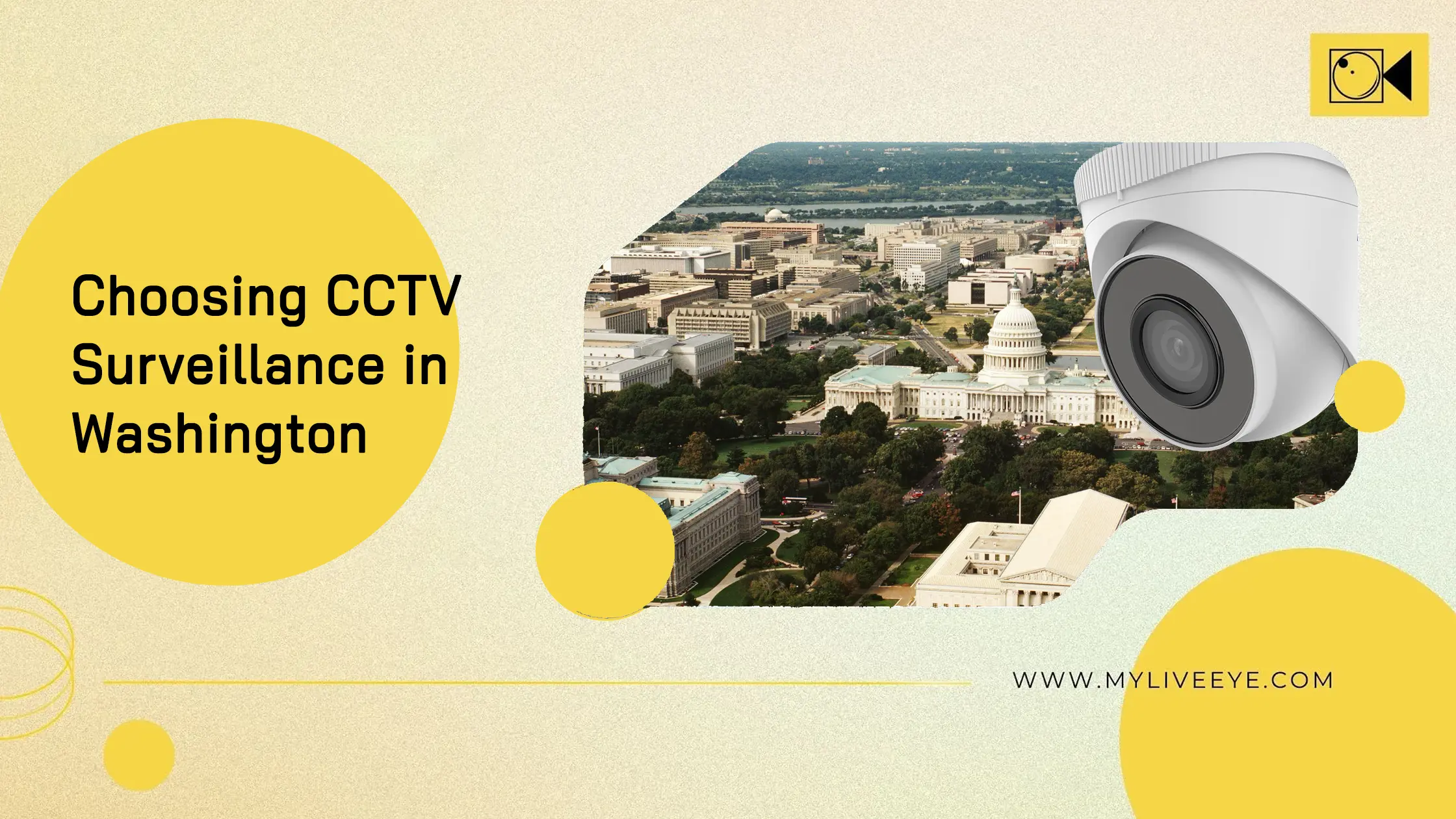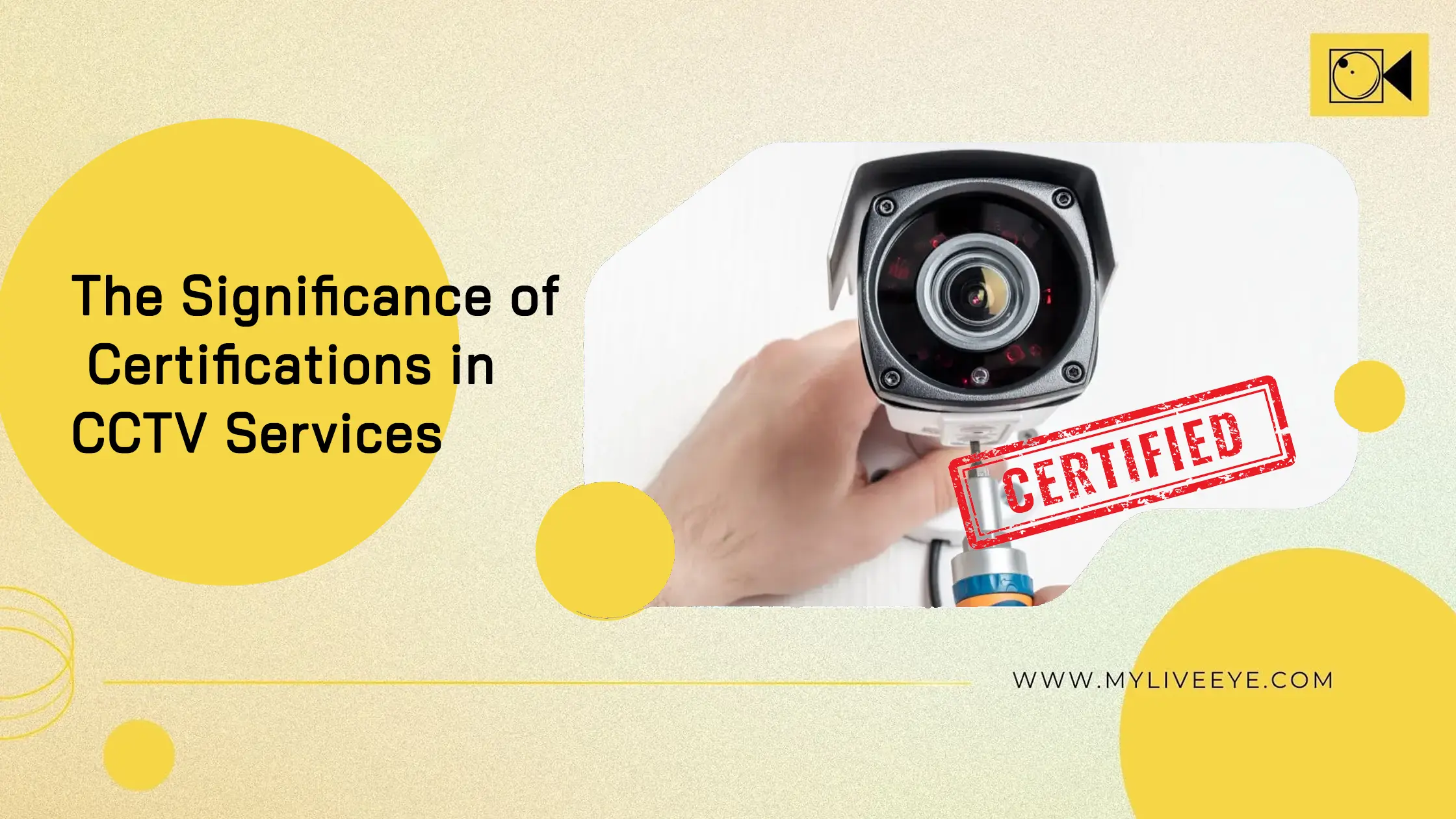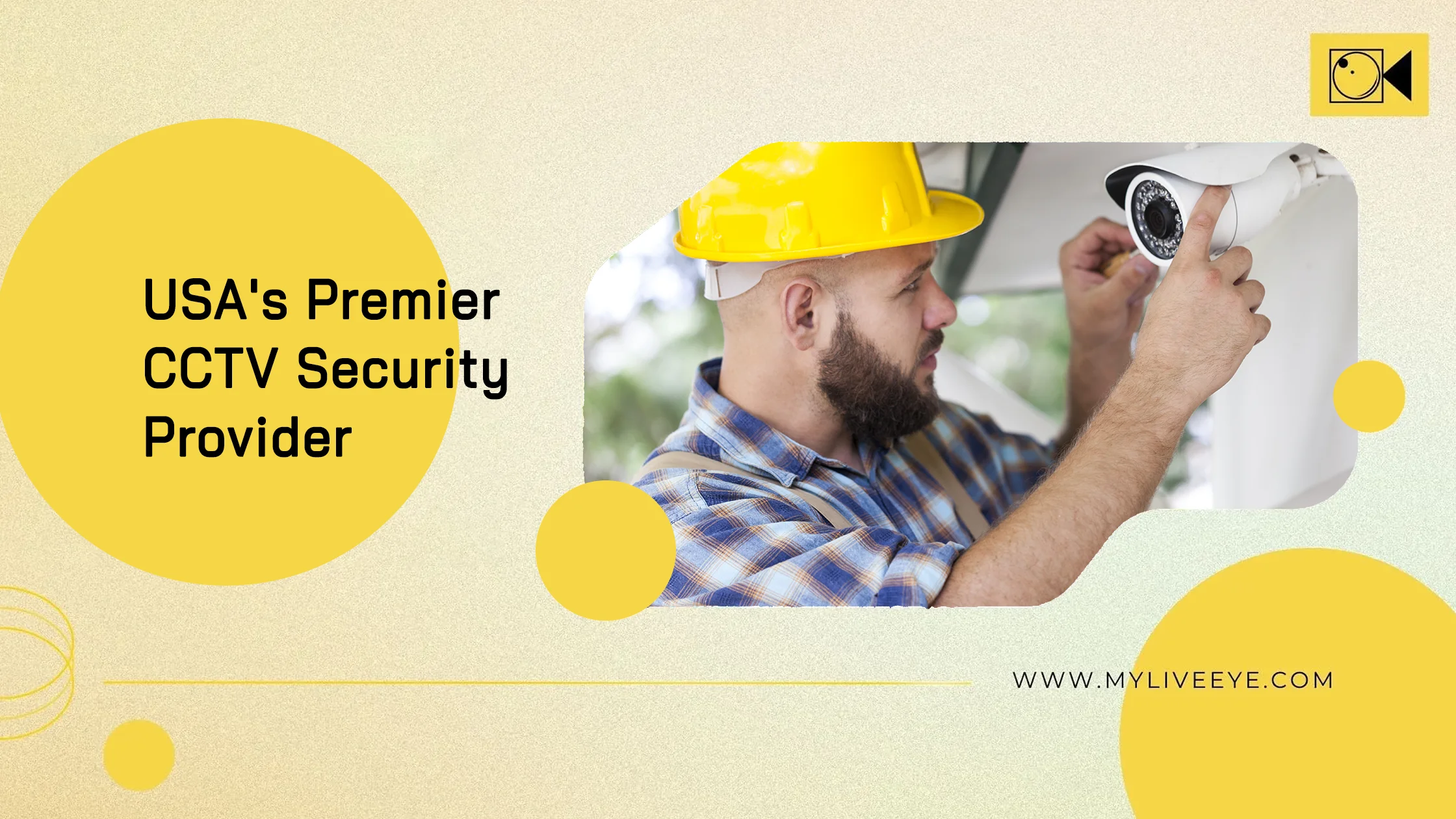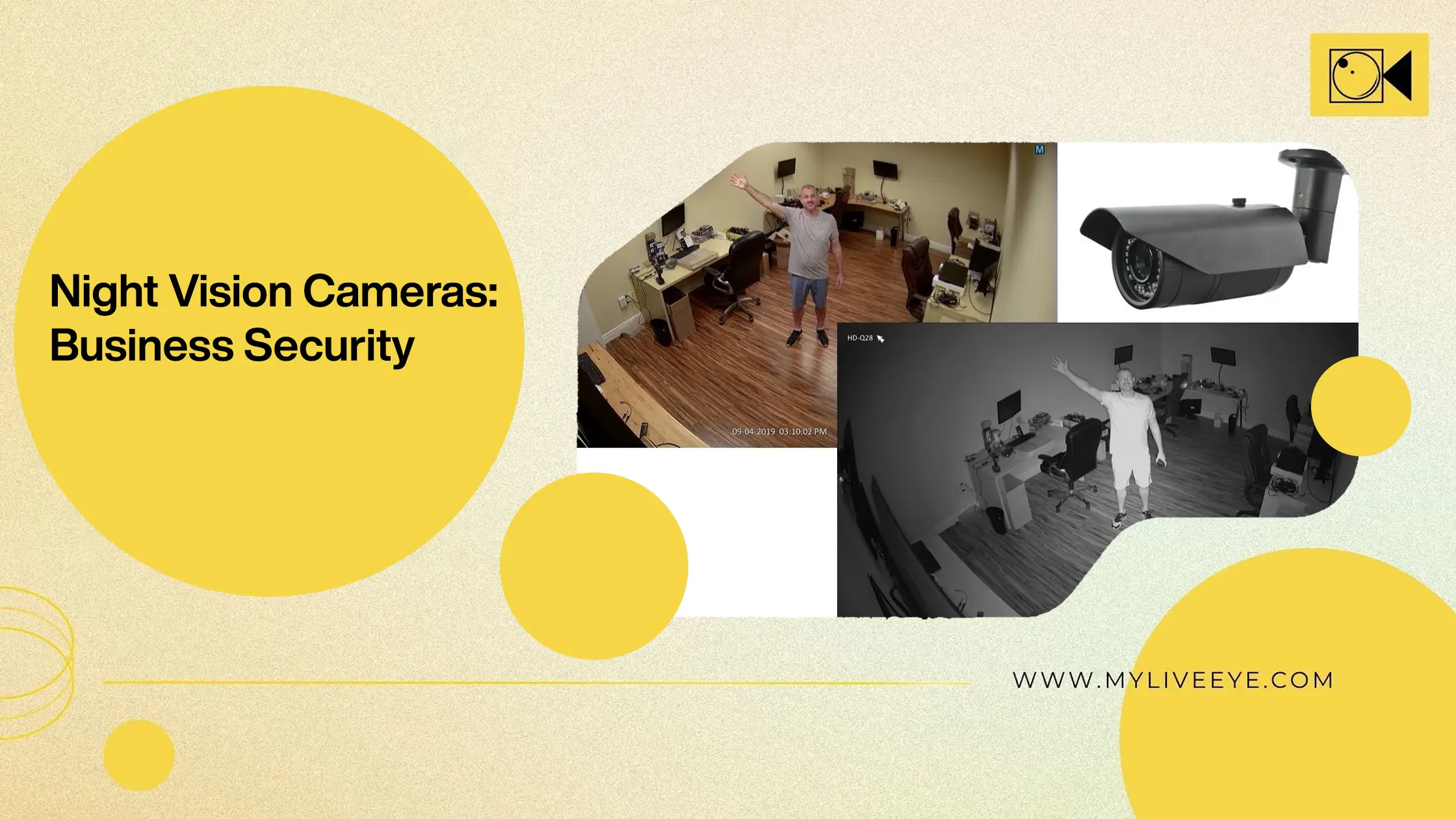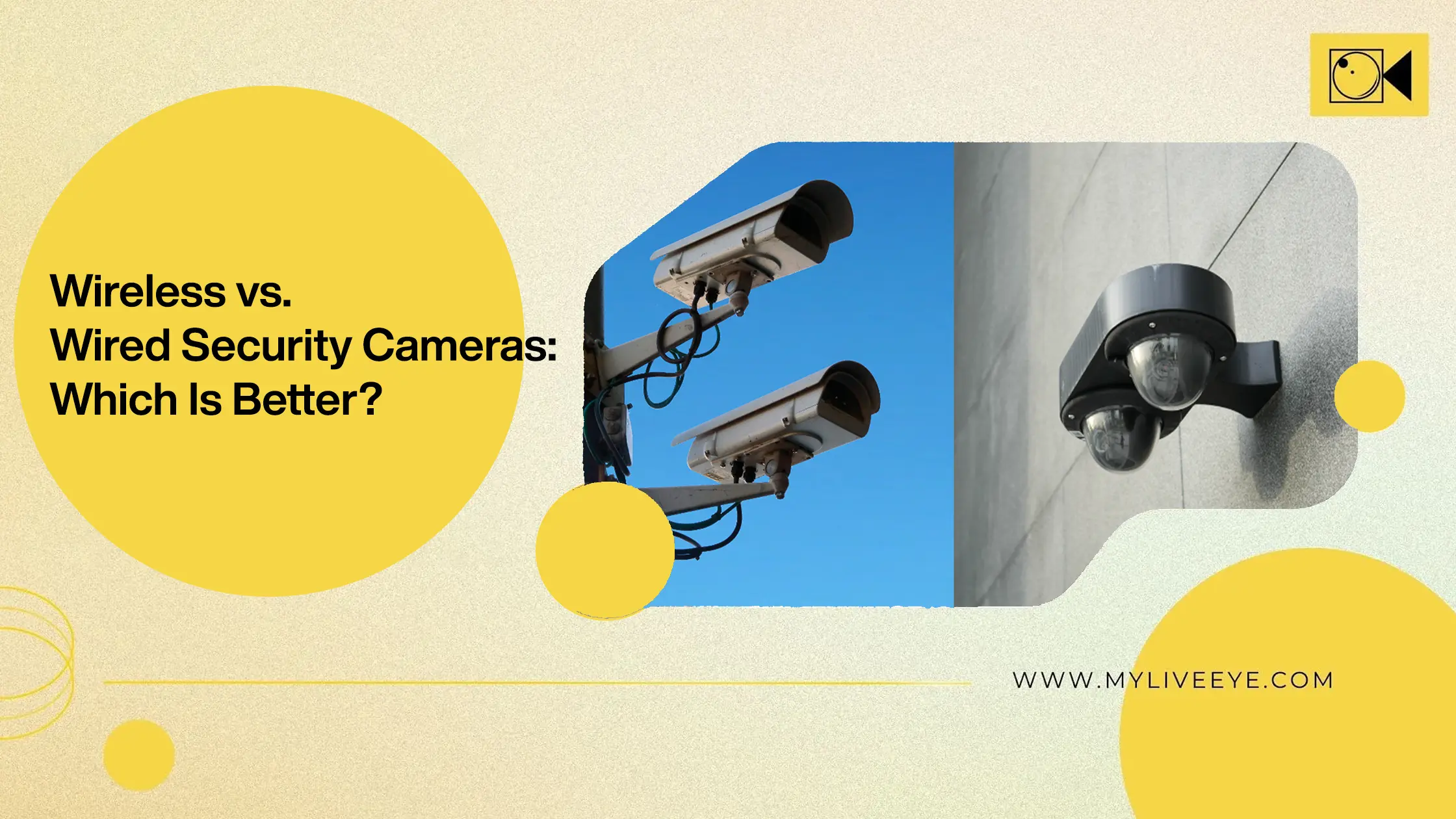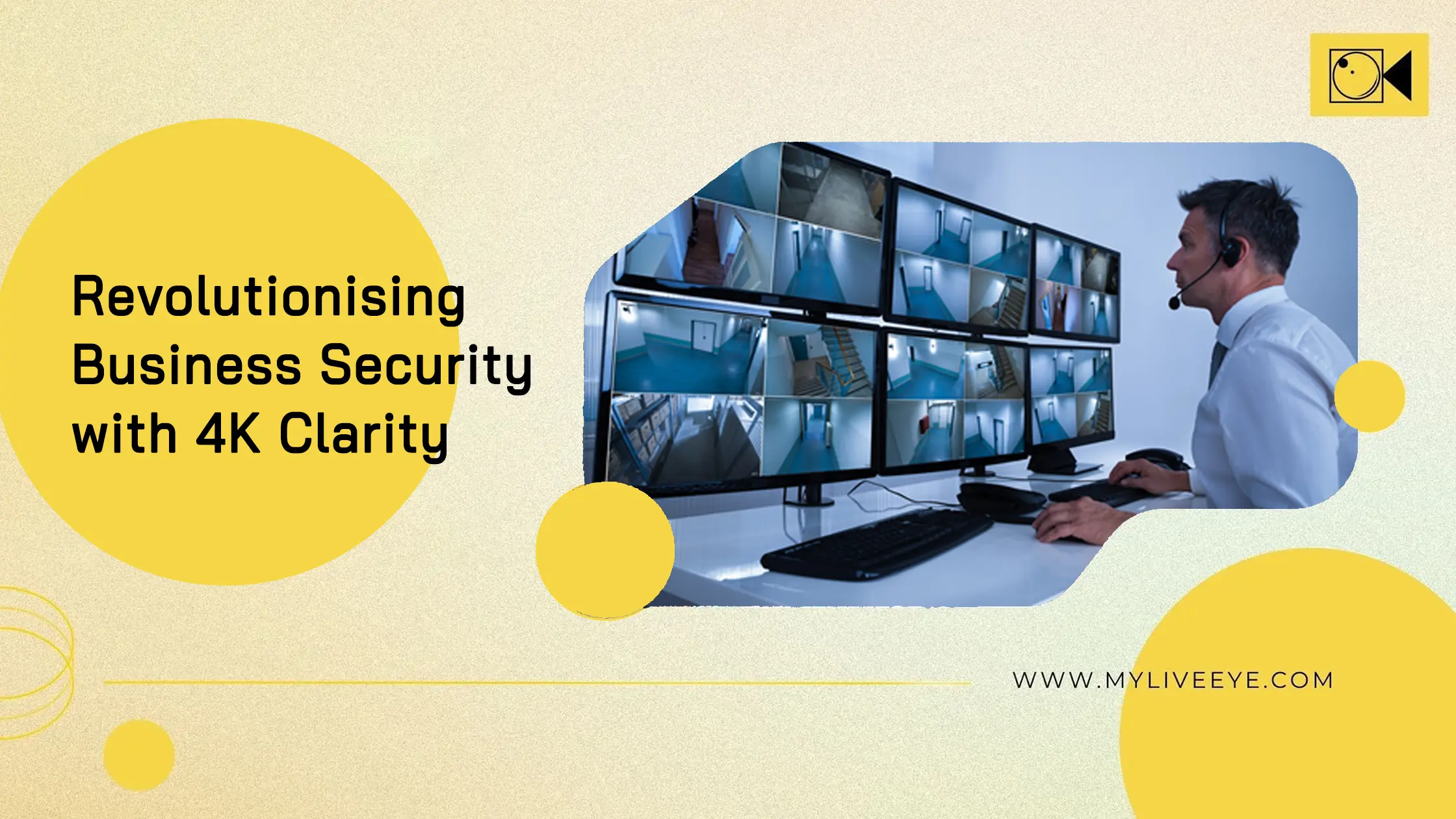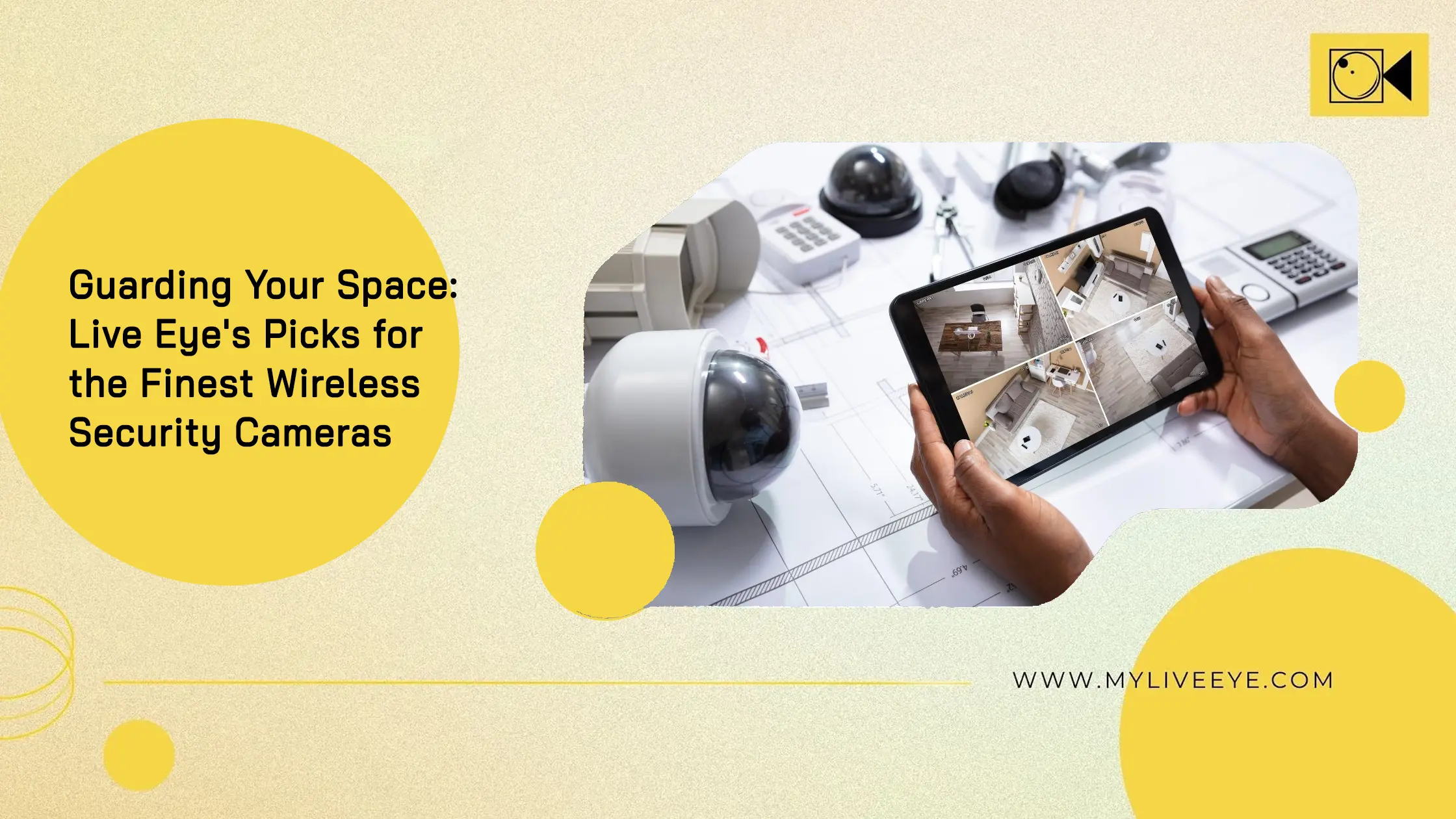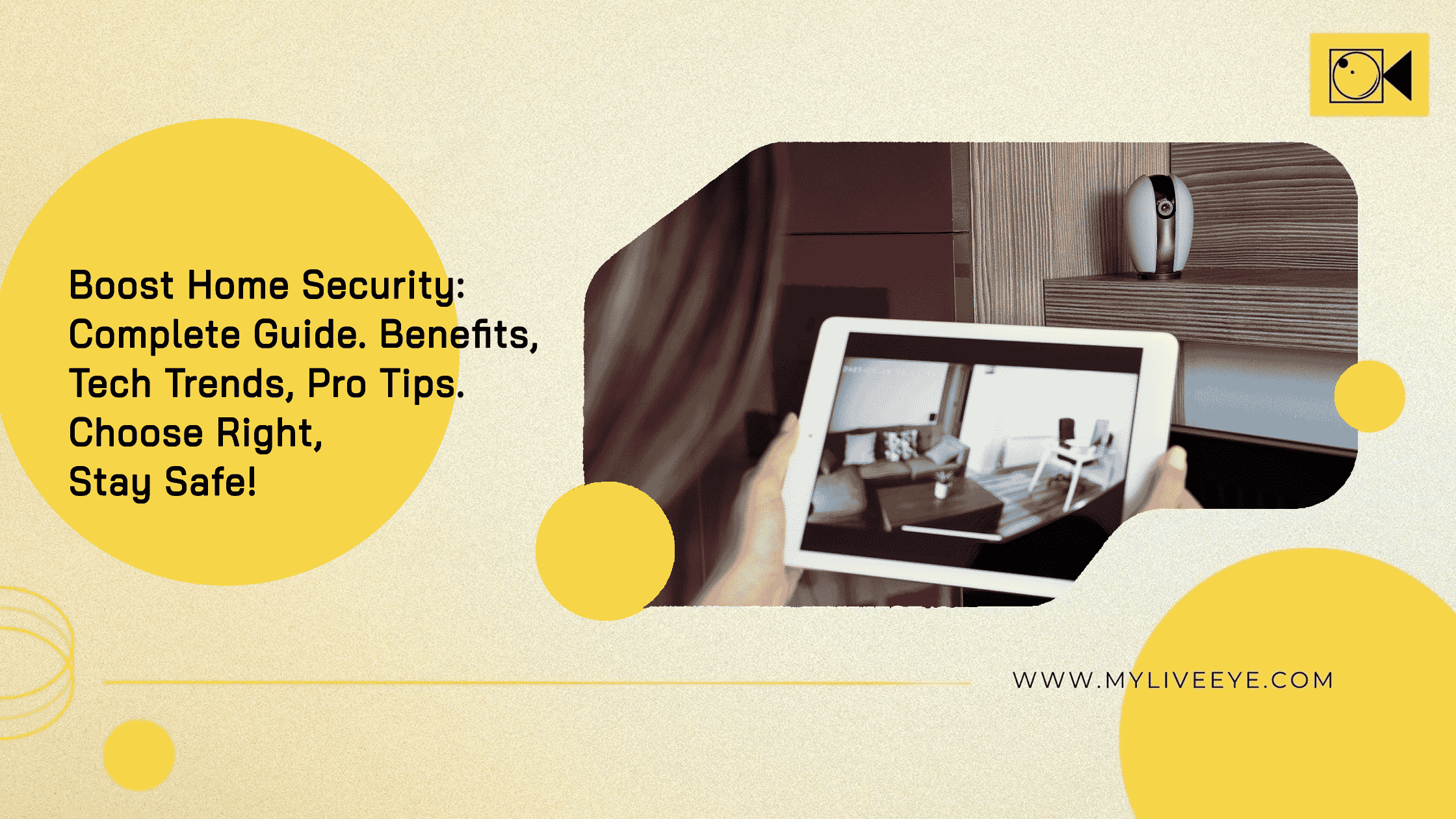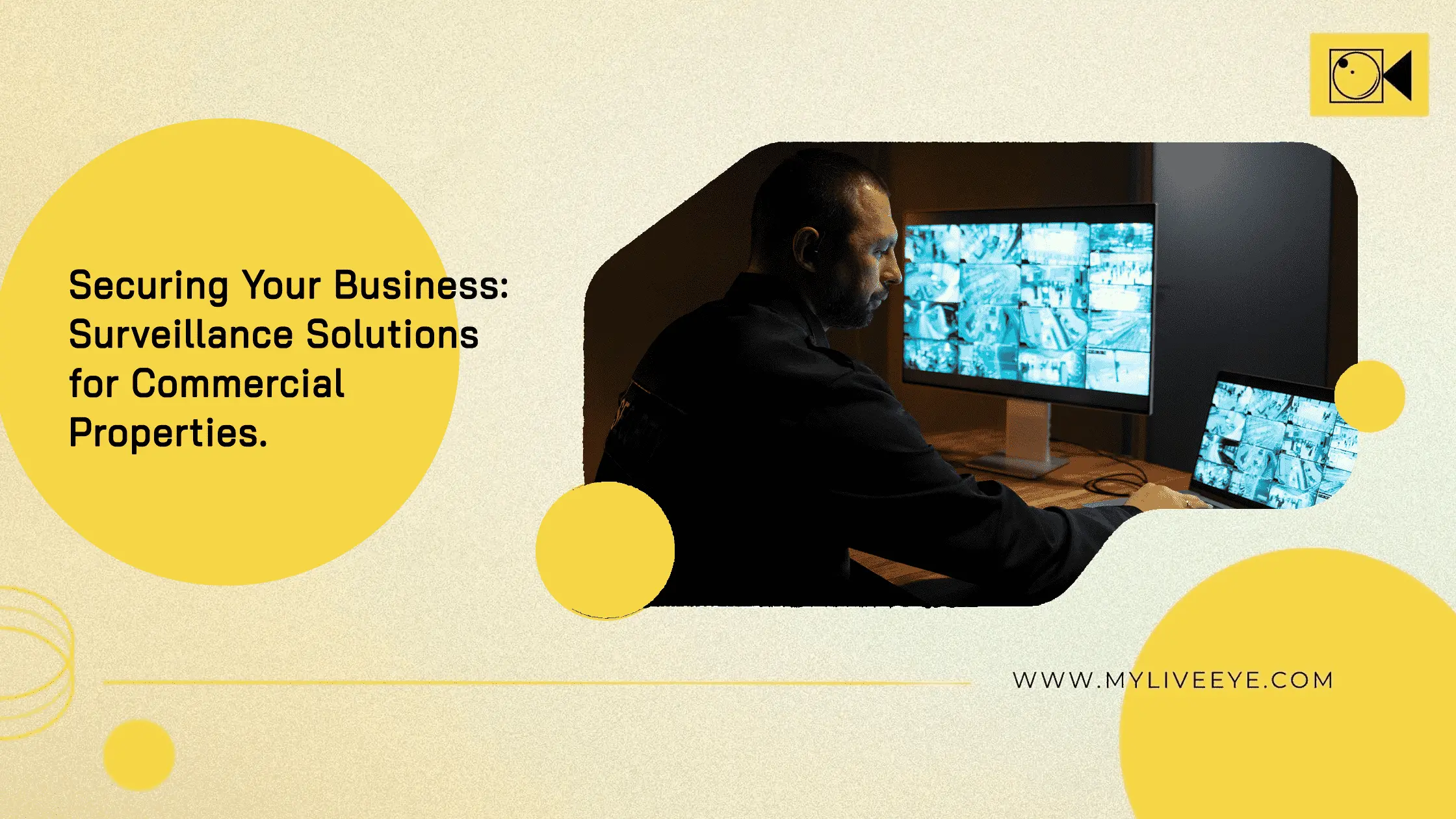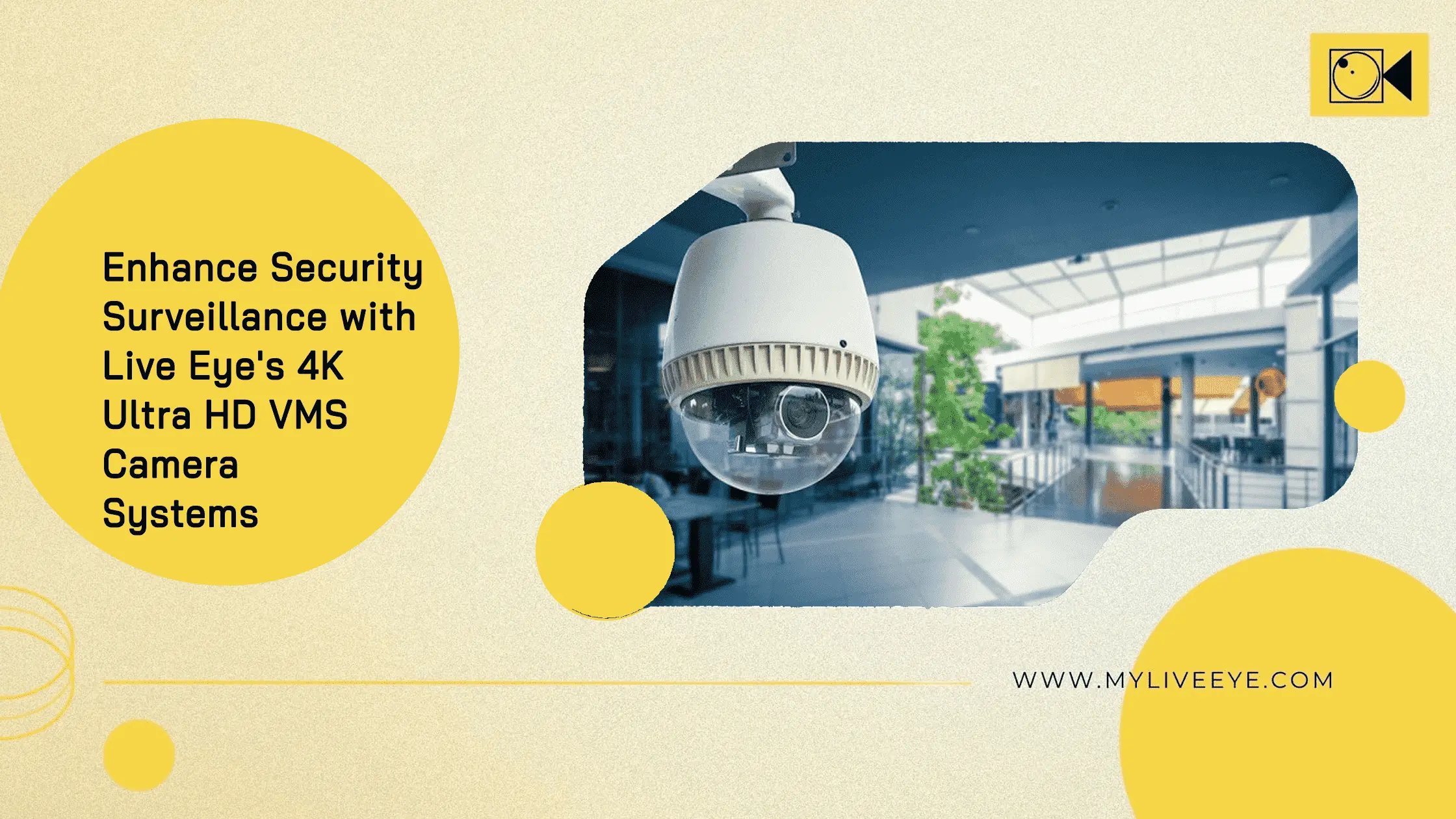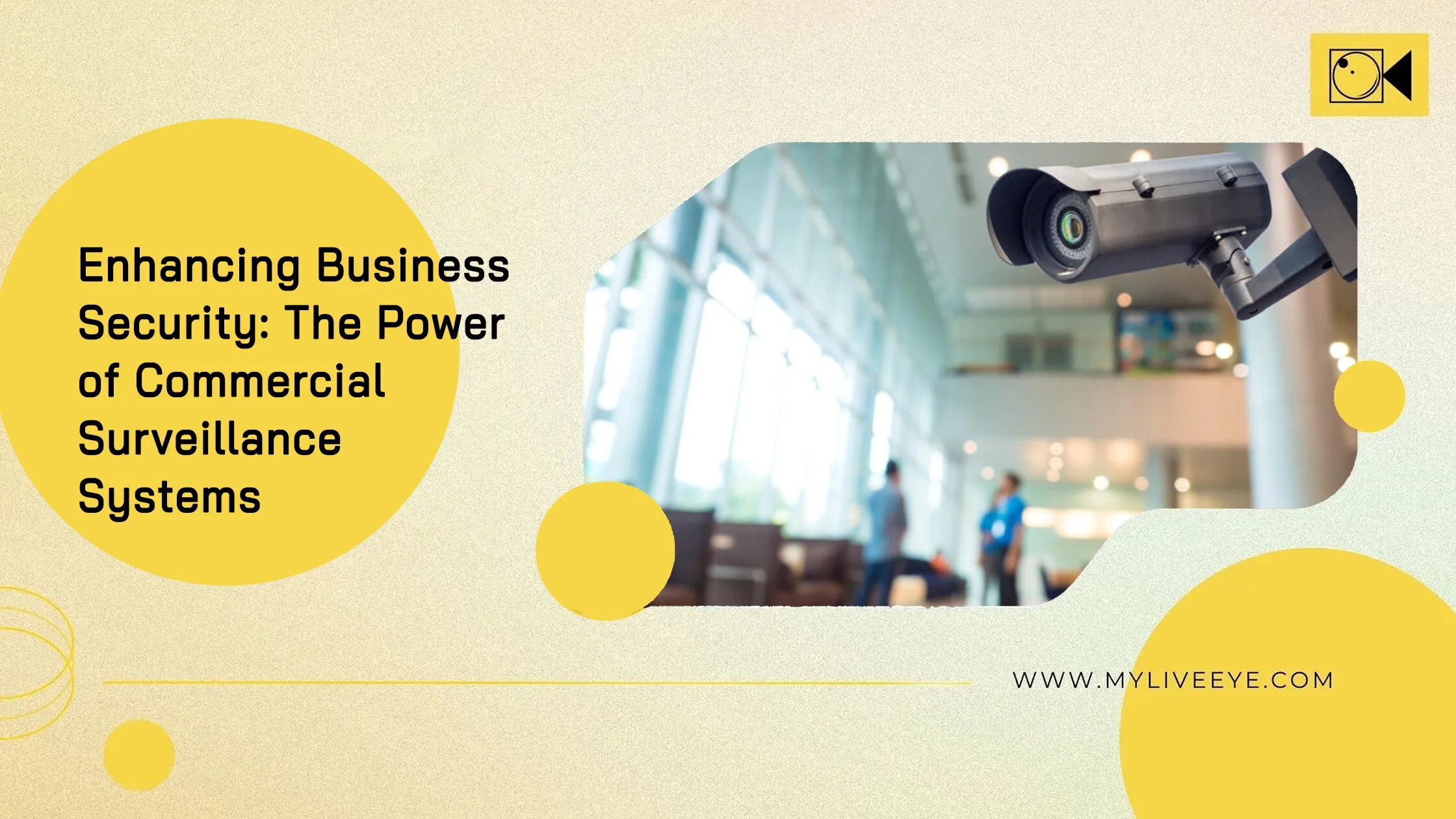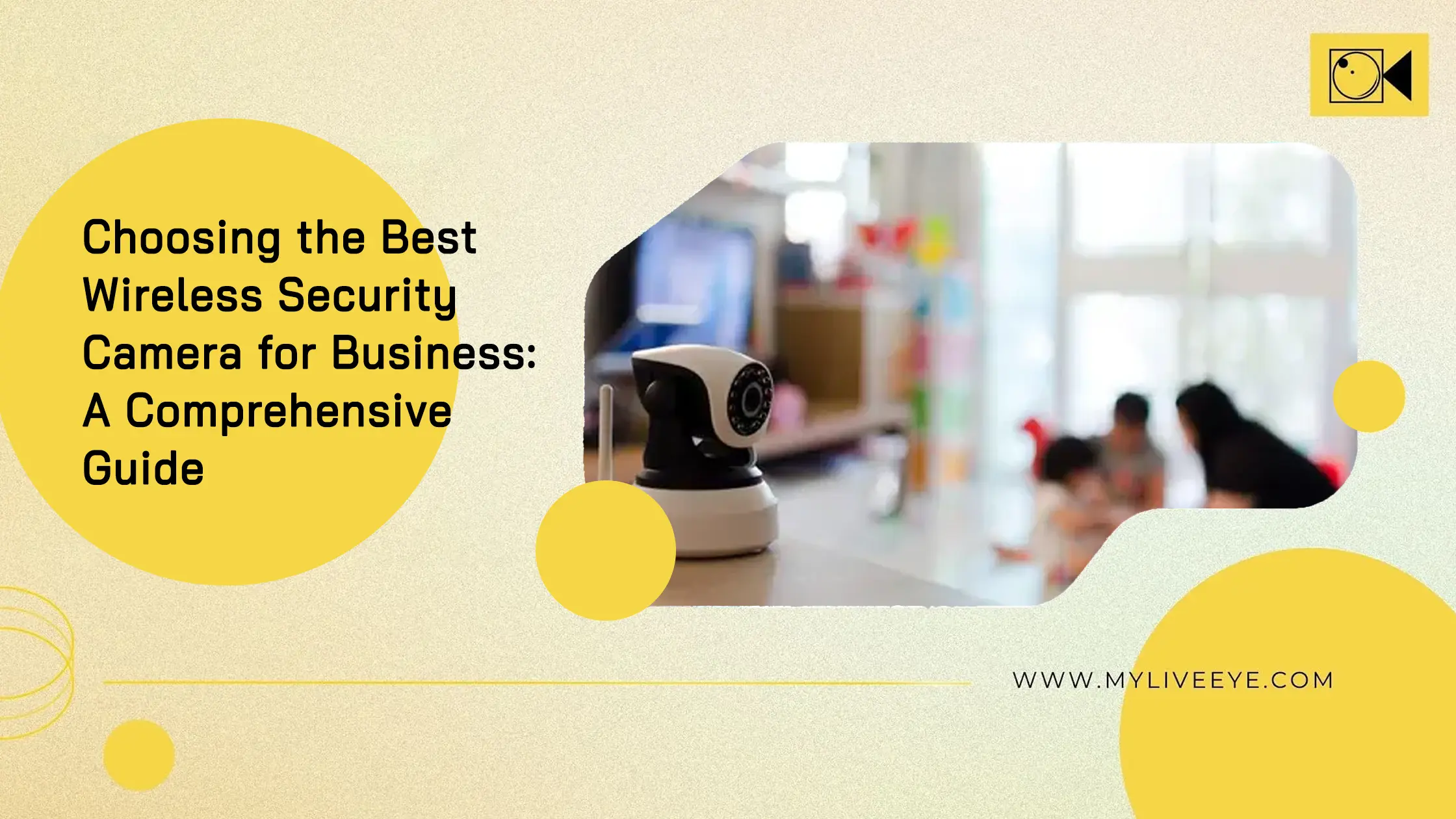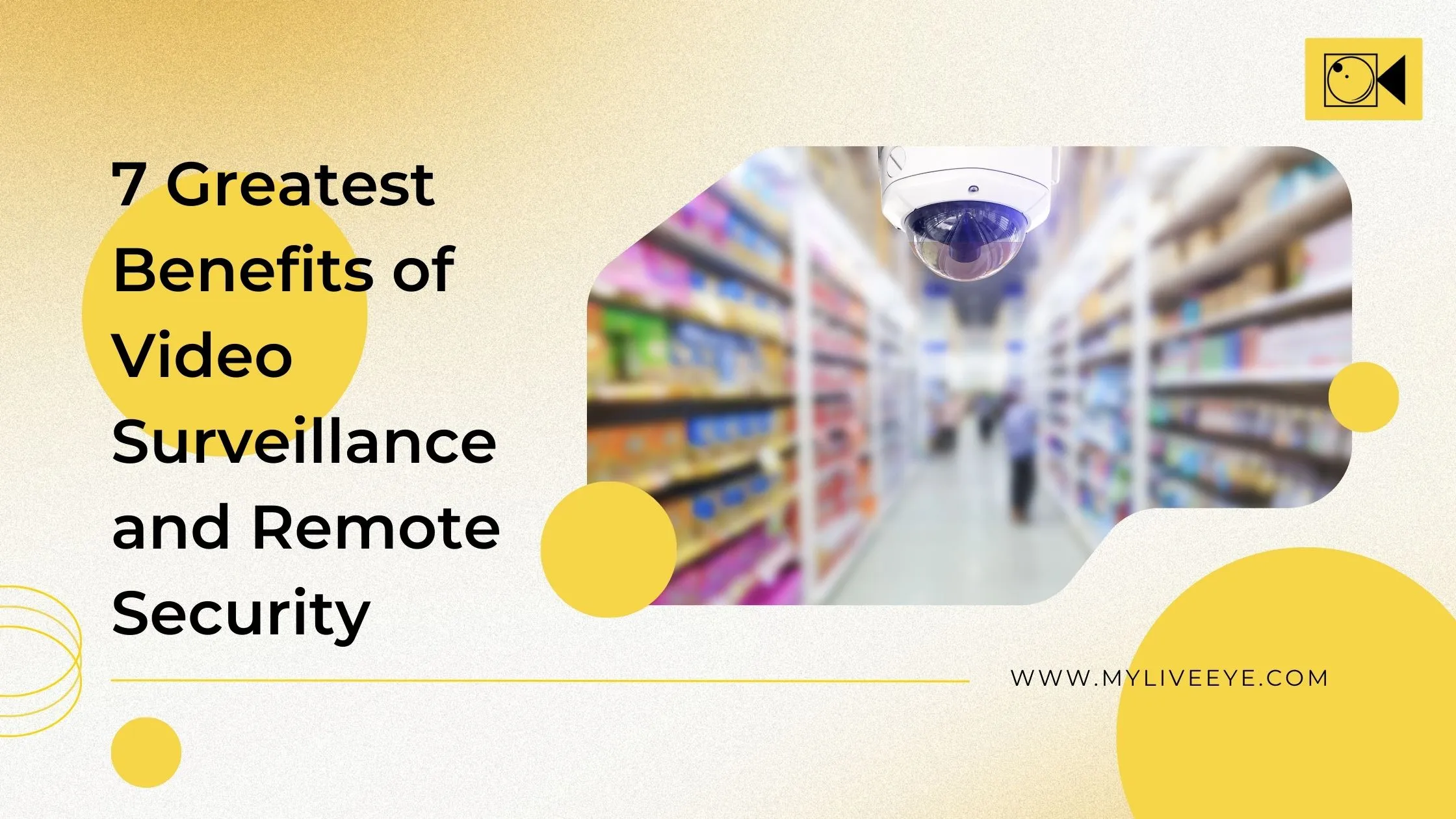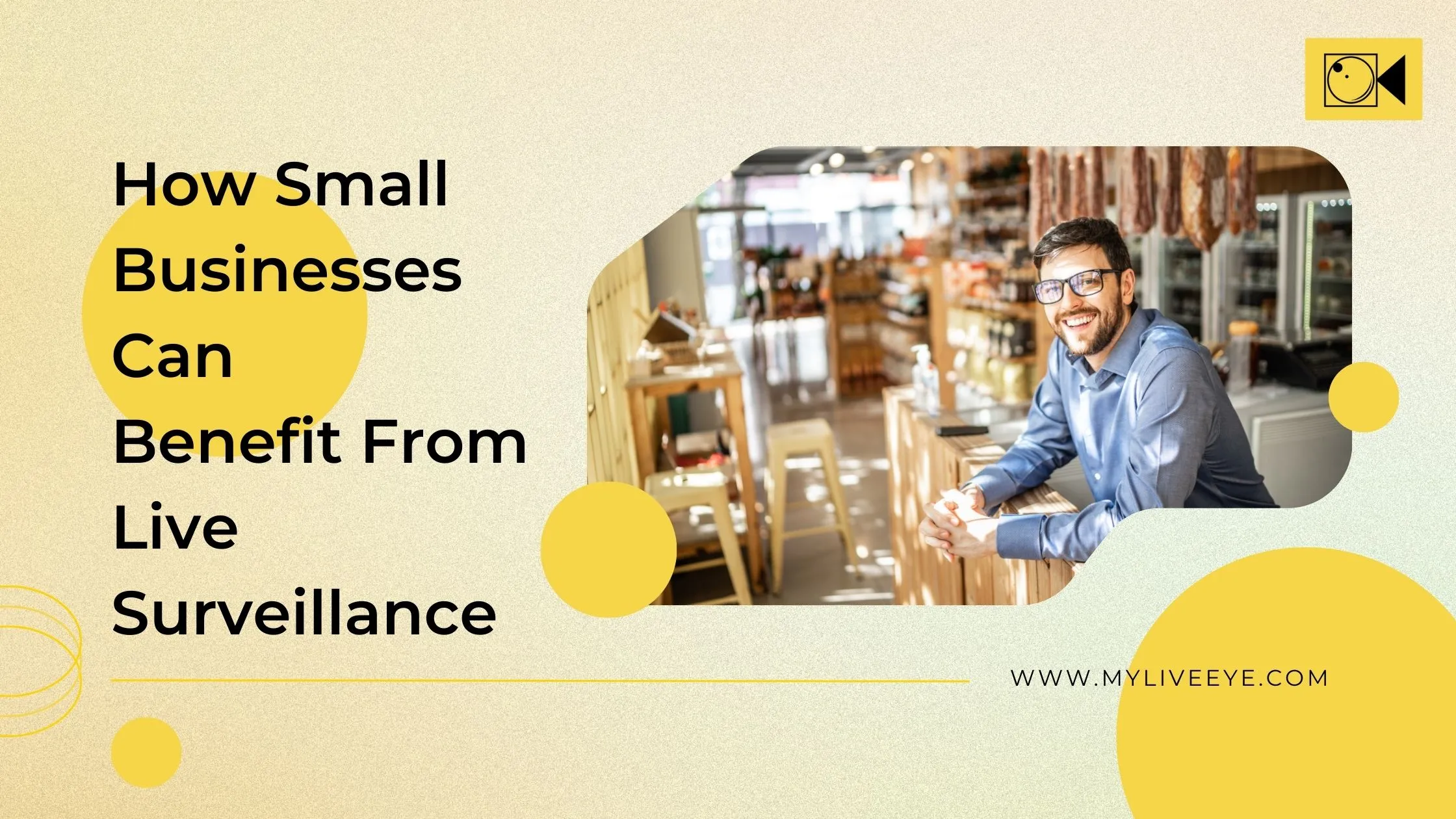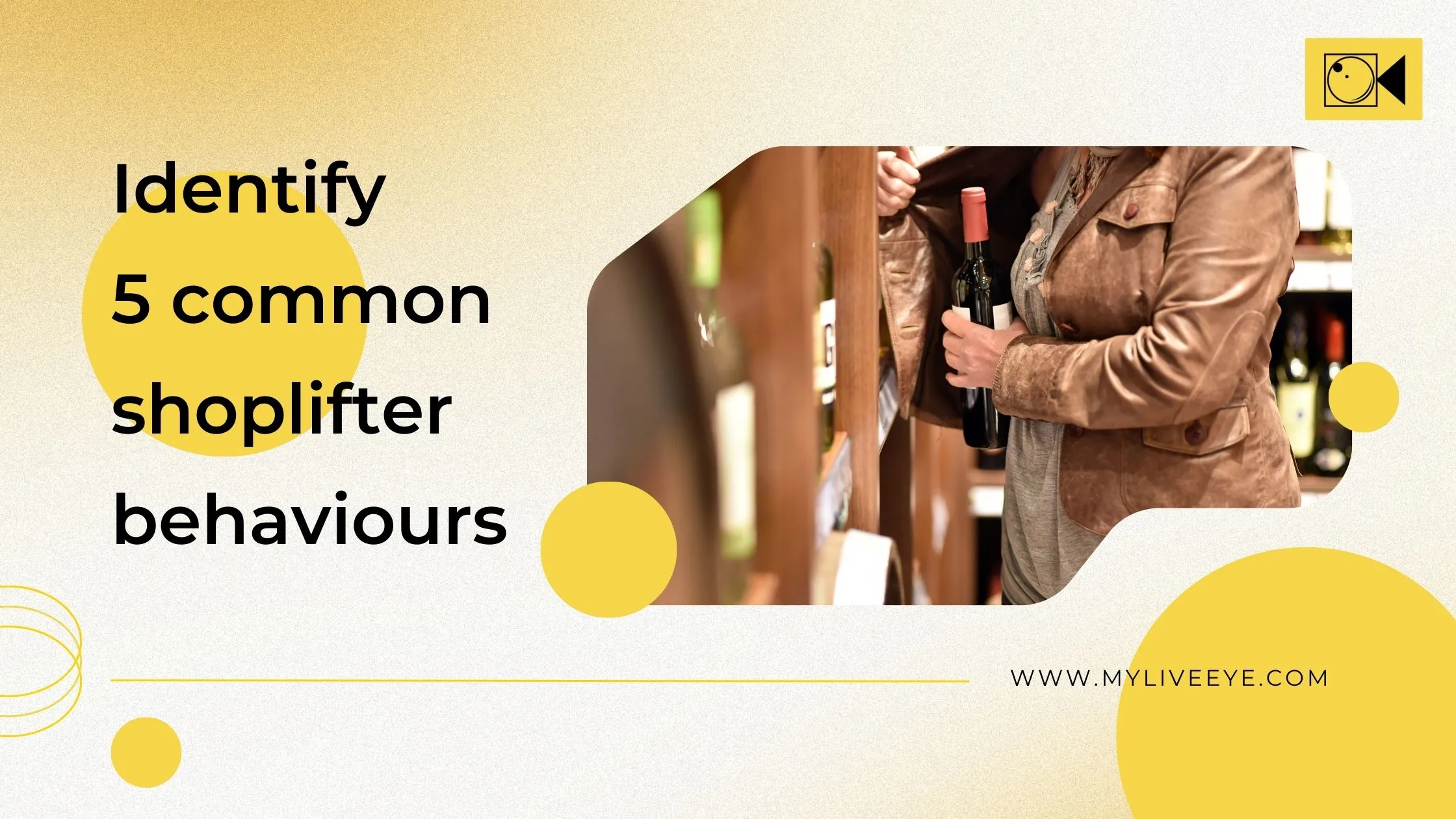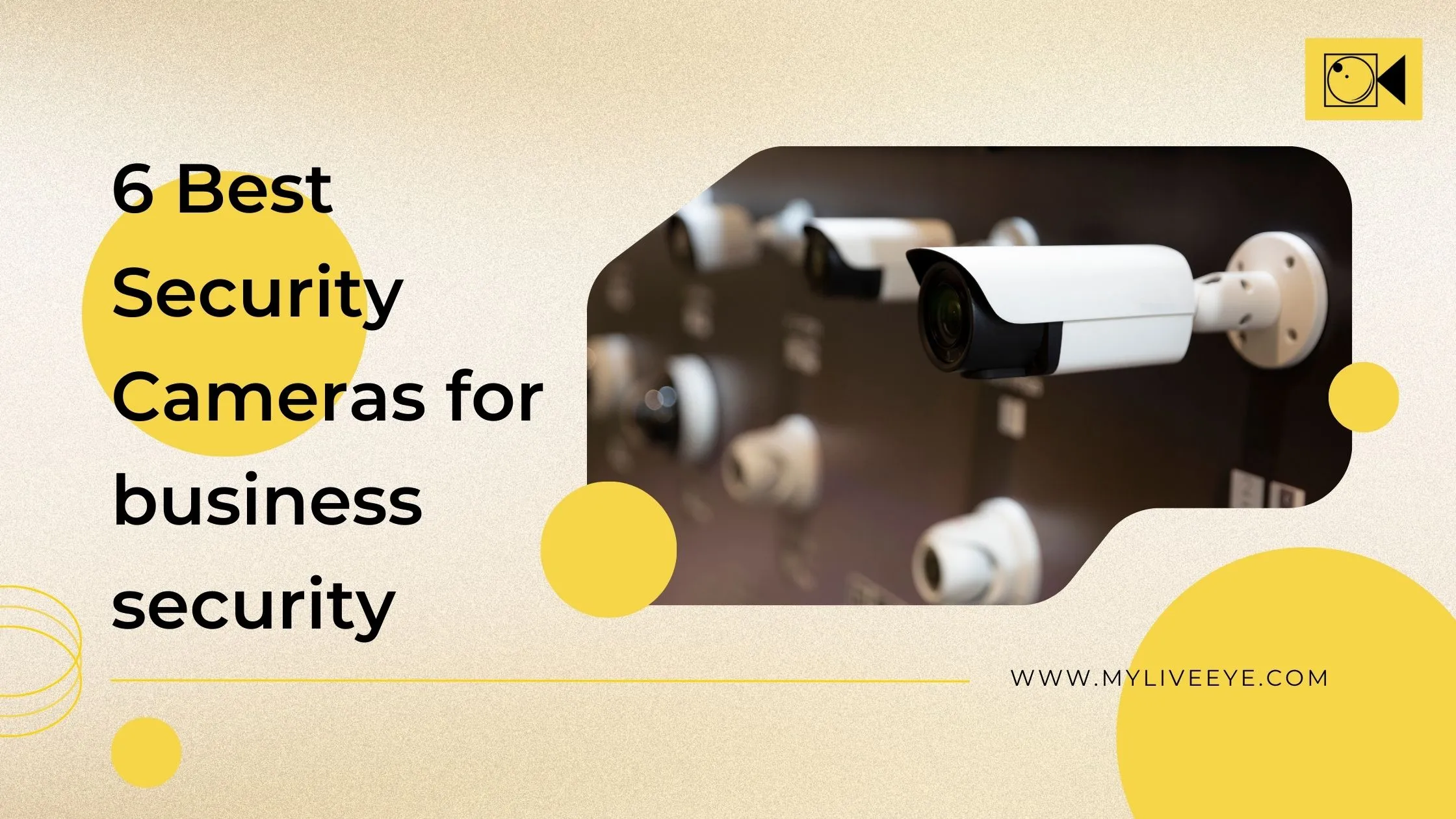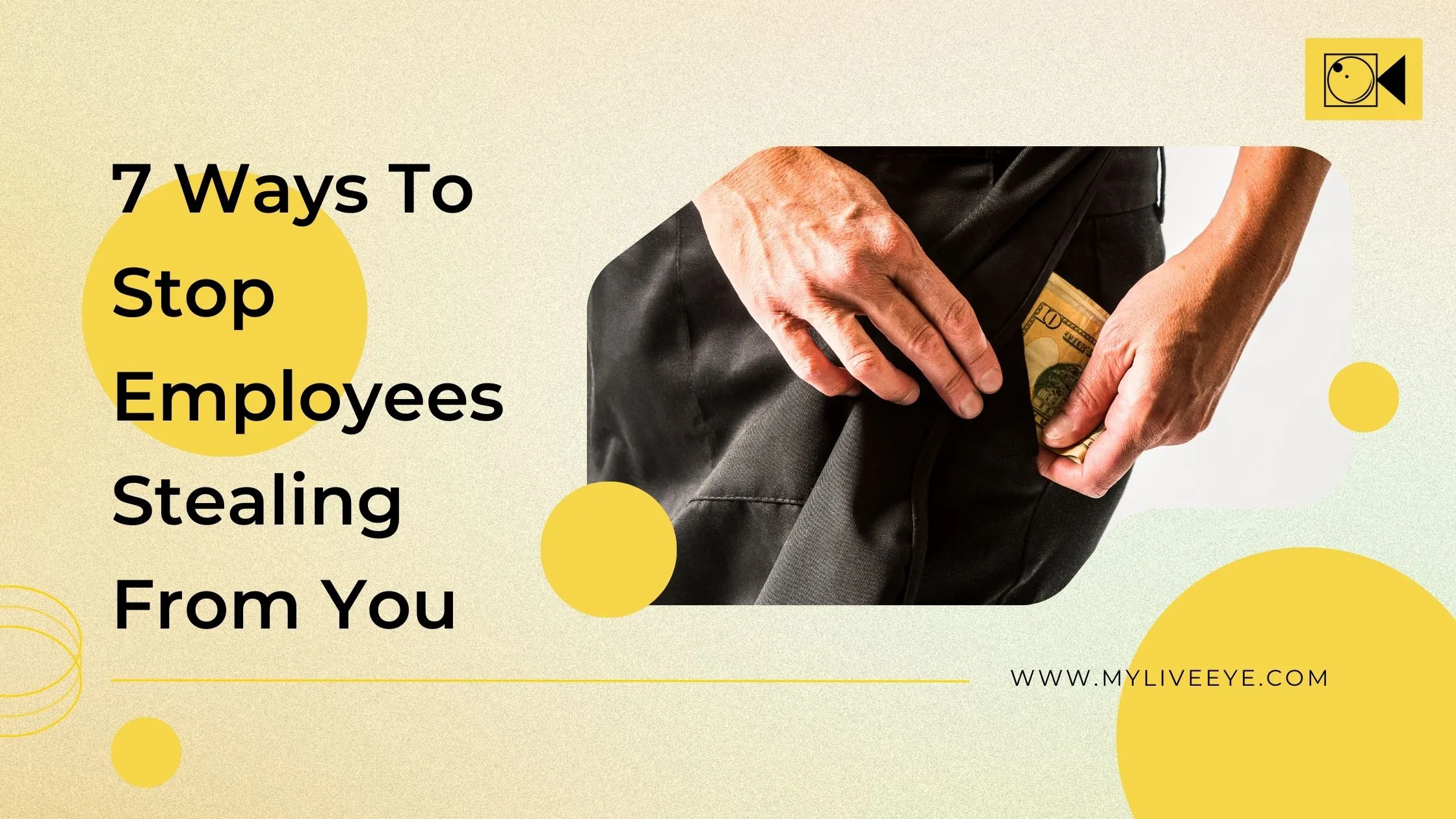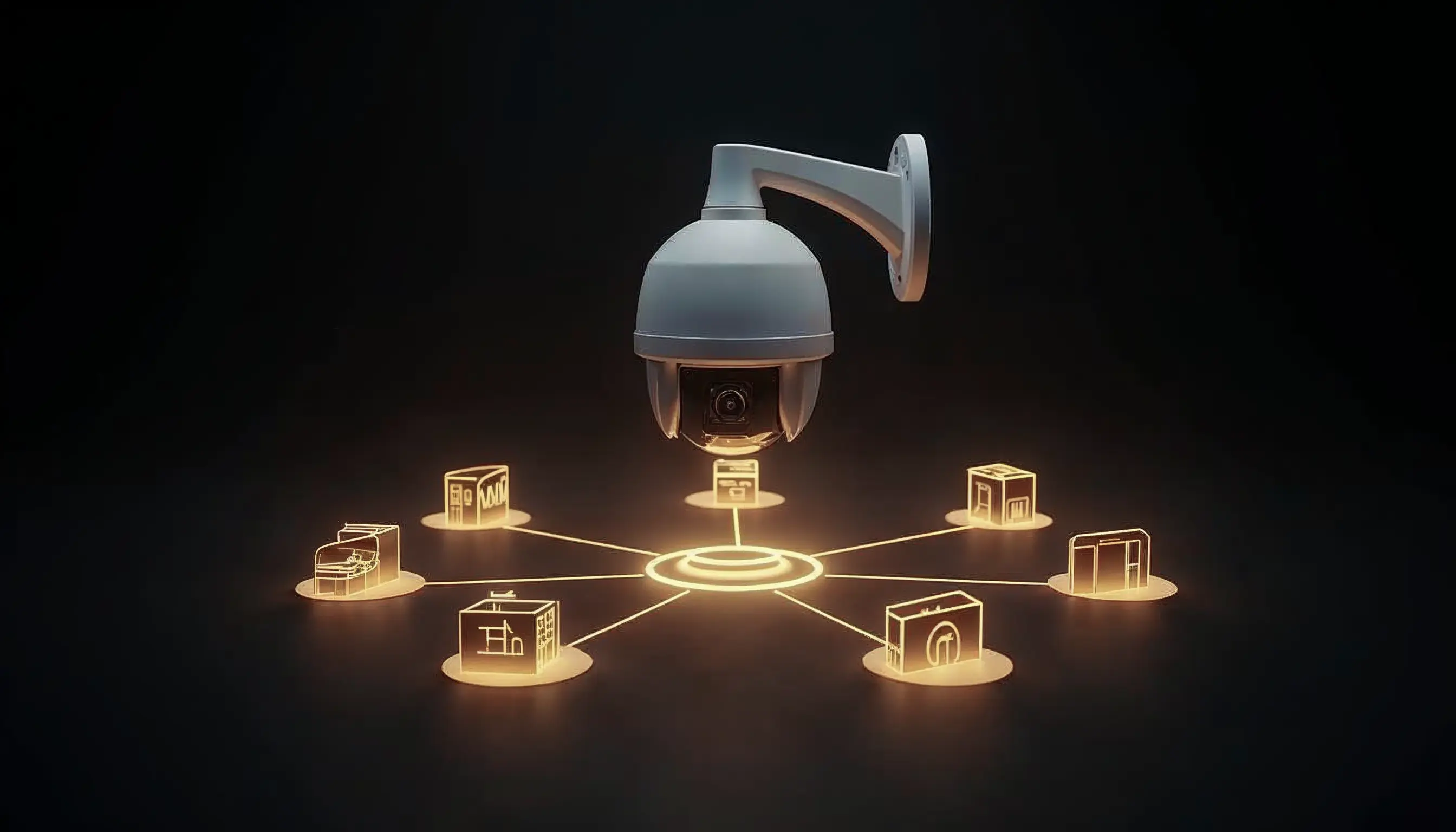
Key Areas in Hotels That Need Smart Access Control
Have you ever spent time juggling plastic key cards and wondered if there’s a
simpler way? Or worried someone else still has a copy of your old key?
Hotels face those exact headaches, too. In fact, over 70% plan to use smart locks by 2025,
according to the American Hotel & Lodging Association Annual Report. That’s why
access control for the hospitality industry is a game-changer
today.
In the sections ahead, you’ll see which hotel doors benefit most from smart door tech, hear real
examples from properties that tried it, and get practical tips to make stays safer and smoother. Let’s dive
into what works and why it matters.
Why smart locks matter in hotel operations
Hotels face many day-to-day risks: lost keys, unauthorized entry, and delays at check-in. Smart door tech helps you meet these challenges head-on.
Guest room entry with contactless room access
When you offer mobile keys or RFID cards, guests skip long lines. They tap or use their phone to enter. This cuts waiting time and lowers lost-key calls. It also means you can revoke access quickly if a key is lost.
Securing staff areas via keyless entry systems
Back-of-house zones, housekeeping closets, maintenance rooms, and laundry need control. With digital locks,
you log who enters and when. That stops mishaps and gives you a record if something is missing.
You may recall a time housekeeping found stored items moved. With audit
logs, you know which badge was used and when.
Amenities like pool and gym access
Guests expect seamless use of the pool or gym. Smart door tech can grant access only to registered guests
during allowed hours. If you set time slots, you reduce crowding and keep areas safe.
Tip: A modern hotel door access
system can link to guest profiles so only valid room holders can enter amenities.
How Smarter Door Solutions Boost Guest Experience
Guests notice small touches. Smart door tech can be one of them.
Personal mobile key options
You can send a digital key before arrival. This cuts front-desk steps and helps guests feel in control. If the guest arrives late, they still get easy entry without extra staff work.
Integration with property management
When door tech ties into your PMS, you set permissions automatically. If a guest upgrades or extends stay, access updates without manual steps. You reduce errors and free staff time.
Balancing ease and security
You want guests to move freely but keep areas safe. Choose systems with strong encryption and occasional
verification prompts. This reassures guests without adding friction.
Tip: A reliable hotel door
access system keeps data safe and still feels smooth to use.
Protect high-risk areas in hotels.
Some spots need extra care. Smart door tech helps you lock down these areas.
IT rooms and server spaces
Server closets and IT rooms hold sensitive data. Use multi-factor control: key card plus PIN or mobile approval. That ensures only authorized staff enter. Each access event gets logged for audits.
Housekeeping and storage closets
Supply closets often hold cleaning items, linens, and sometimes valuable extras. With digital locks, you track entries and catch unusual patterns early. If the stock goes down unexpectedly, logs point you to when and who entered.
Smart cabinets for stored items
For high-value items, like electronics for loan or minibar stock, smart cabinets add a layer. Only certain staff can open them at set times. Logs show each cabinet's use.
Loading docks and deliveries
Deliveries bring supplies but also risks. Assign temporary digital passes to delivery personnel, valid for a short window. This avoids leaving doors propped open or sharing codes. You see exactly when delivery staff enter and exit.
Drive efficiency and meet rules
Smart door tech does more than guard doors. It helps you track and report.
Audit trails and reports
When you log every access event, you meet safety audits and insurance checks more easily. If an incident happens, you have clear records. You spend less time gathering data and more on solving issues.
Loss prevention in stores and items
Digital locks on supply rooms and retail outlets in the hotel cut shrinkage. You see who accessed stock rooms and when. Over time, you spot trends and fix weak spots.
Energy links with door use
You can link door events to room settings: when a guest enters, lights or AC can adjust. This saves energy
when rooms stay empty. It also signals housekeeping when rooms free up.
Real-life note: In a small hotel I know, adding smart locks and linking them to room sensors cut evening
energy use by nearly 20%. Staff praised the smoother workflow, and guests noted the steady room comfort.
Tips for adding smart door control
Adding new tech can feel tricky, but you can handle it step by step.
Pick the right hardware
Look for locks that fit your door types and budget. Wireless locks may cost less to install. Wired locks may suit heavy-traffic doors. Check battery life if you choose wireless. Ask vendors about reliable makes.
Work with existing systems
If you already have a PMS or security camera, pick a door tech that links in. Use standard APIs or vendor modules. A phased rollout helps: start in one area, test, and then expand. This limits disruption.
Train staff
Show the front desk, housekeeping, and maintenance how to use digital keys. Give clear guides on how to issue keys, revoke access, and read logs. A short, hands-on demo or a simple video can help. Keep instructions in plain steps.
Plan budget and returns
Estimate costs: hardware, installation, software fees, training. Compare to savings: fewer lost-key cards, less staff time, lower theft, and energy savings. Many hotels see payback within a year. Keep an eye on early metrics, so you know it works well.
Step into Safer Hotel Days
Now you see how adding smart door tech can cut risks, save time, and boost guest trust. Bold moves today mean smoother stays and clearer records tomorrow. Ready to boost safety and comfort? Talk to a trusted provider about smart door systems now!
Frequently Asked Questions
What is smart access control in hotels?
It means using digital or mobile keys, central management, and logs instead of only physical keys. This raises safety and guest ease.
Which hotel areas benefit most?
Guest rooms, staff-only zones, IT rooms, amenities, storage closets, and delivery docks all gain from precise access rules
How does a hotel door access system improve guest stay?
You offer faster check-in, contactless entry, and fewer key-related delays. Guests feel in charge and secure.
Are mobile keys safe?
Yes. They use encryption, can require extra checks, and you can cancel them instantly if lost.
What is the cost of adding smart door tech?
Costs vary by hotel size and features. Many see benefits, like fewer losses and saved staff time, pay off within 12–18 months.
How do I tie smart locks into my PMS?
Work with your IT or vendor: use APIs or built-in modules. Test in one area first, then expand once it runs smoothly.

